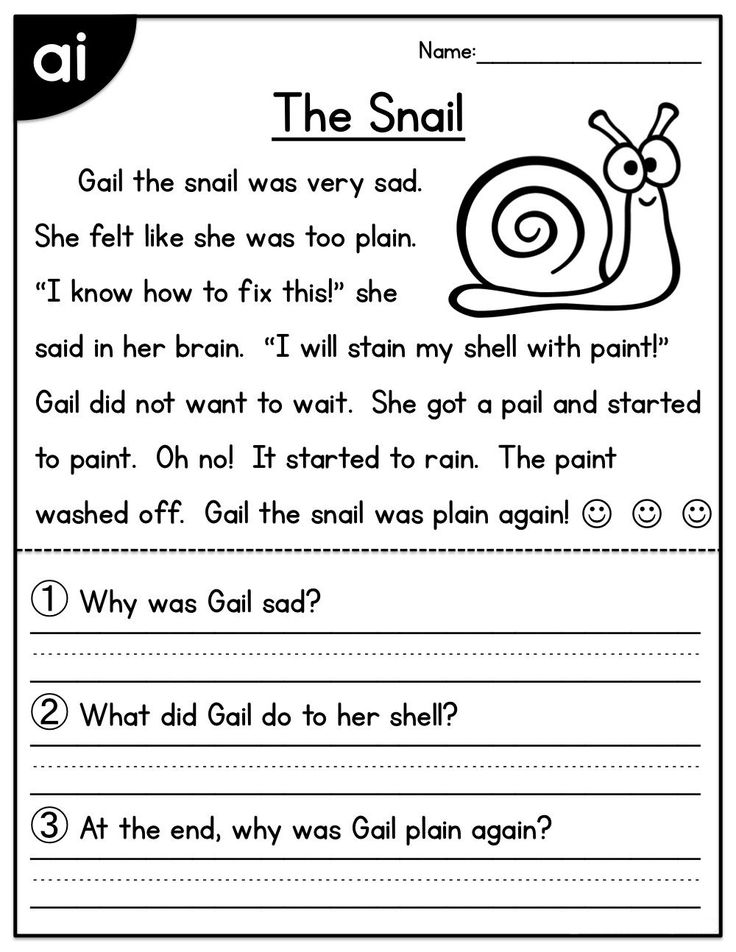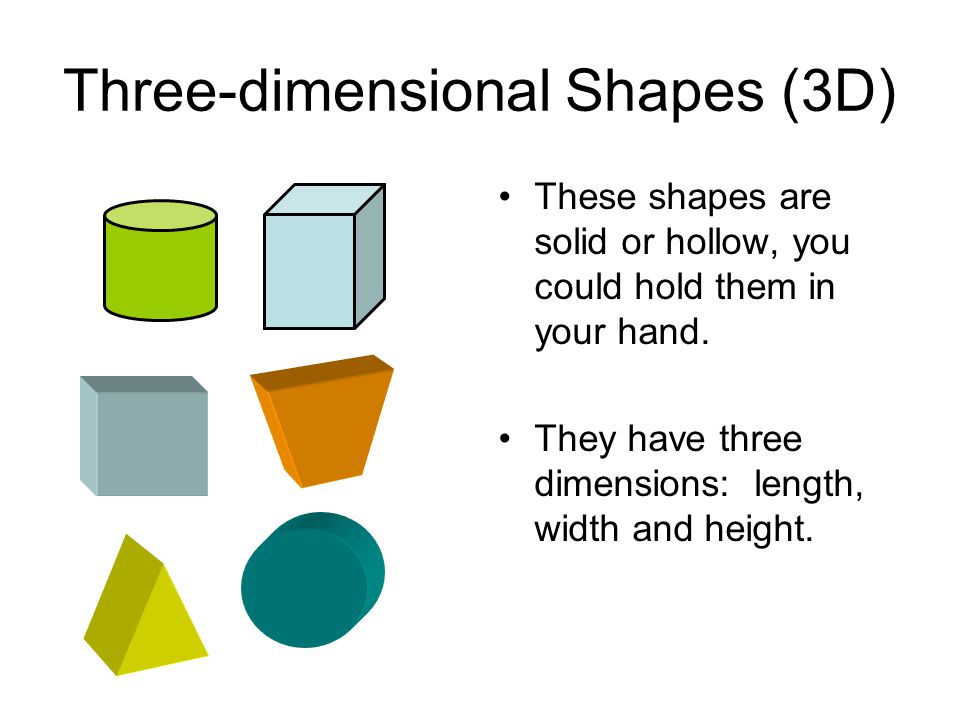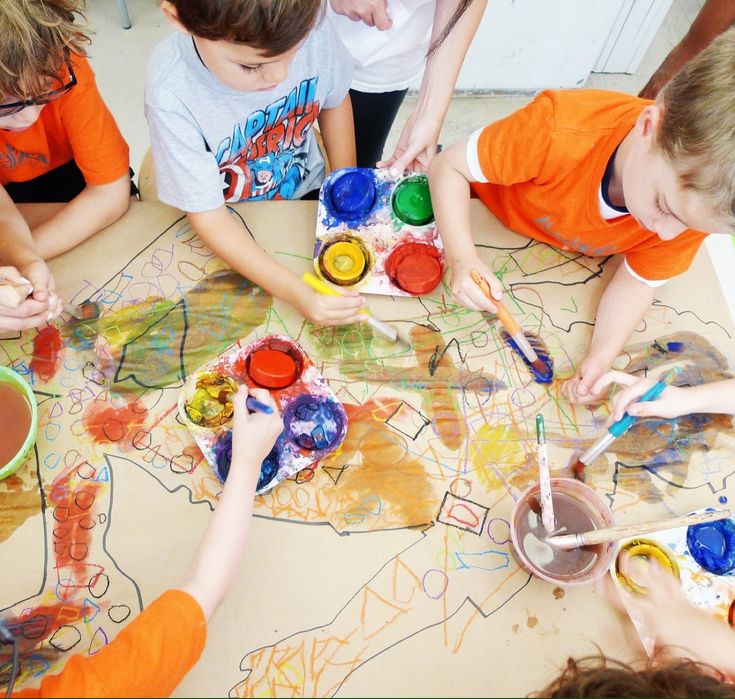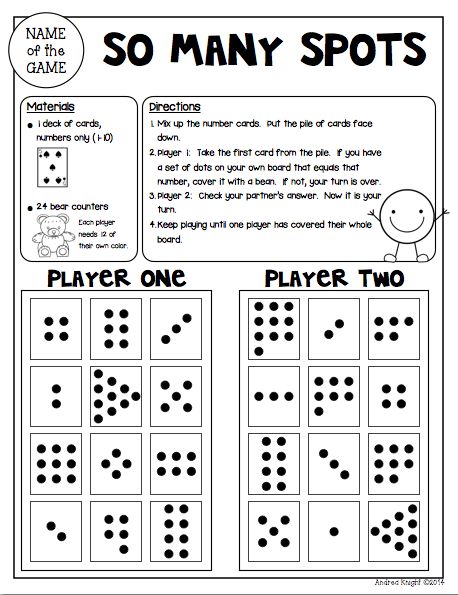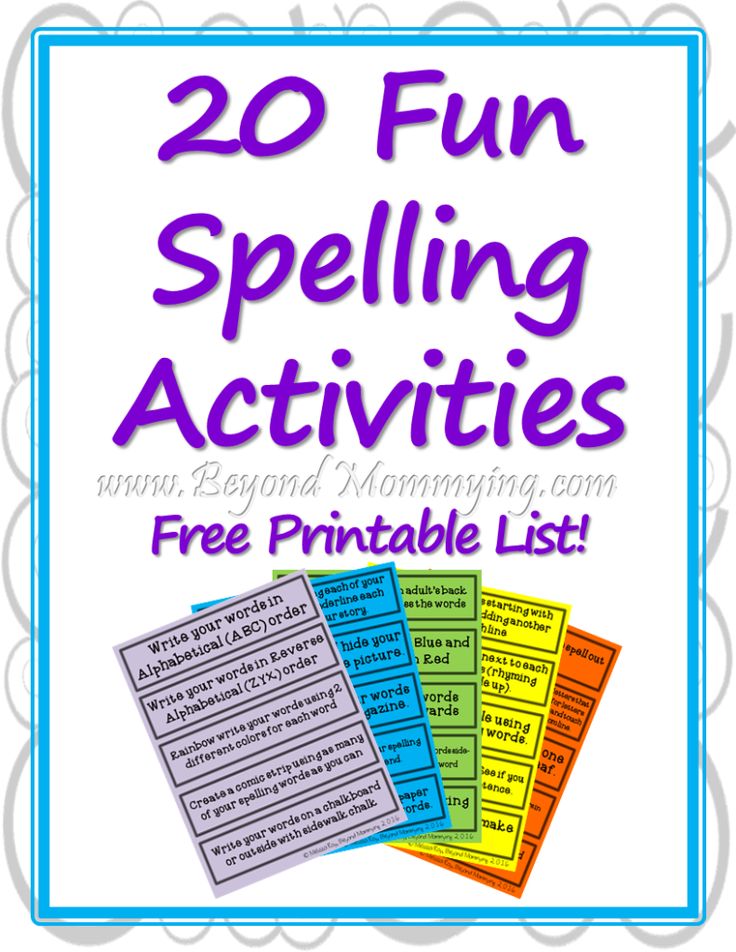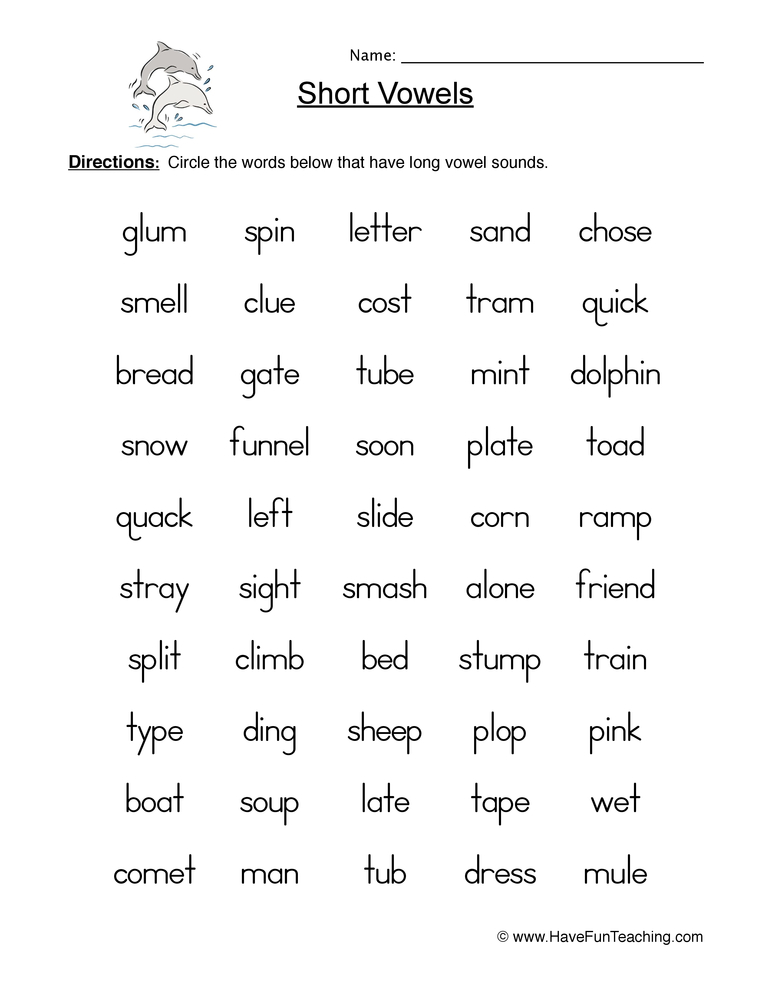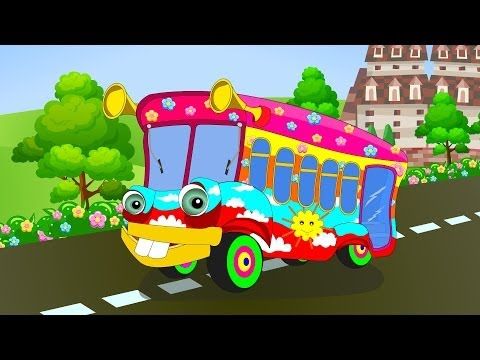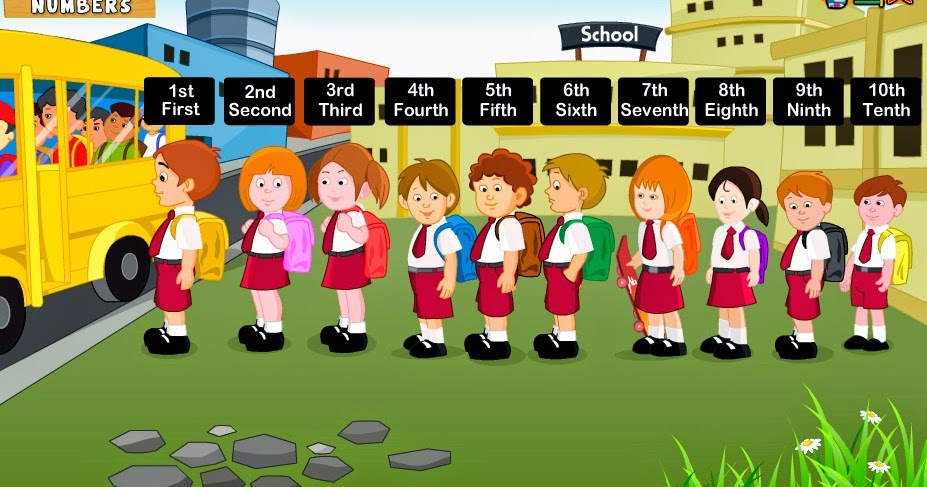Social skills activities for toddlers
17+ Easy Social Activities For Toddlers And Preschoolers
Social skills for preschoolers and toddlers are critical to their happiness and well-being. As essential tools children use to interact, communicate, and build relationships, social and emotional skills also play an important role in a child's development. We have compiled 17+ social-emotional development activities for toddlers and preschoolers.
Play And Social Development
There is an incredible link between play and social development. As it turns out, all types of play are valuable to the social and emotional development in early childhood, including block play. Through block play, children build skills not only in social-emotional, but also the physical, language, and cognitive development domains. Read our detailed post on the benefits of block play.
Kids love to play! Therefore, what better way to build their skills than to provide fun and interactive social skills activities for preschoolers and toddlers. Explore this post on "What Are Social Skills? & Why Are Social Skills Important?" for a deep dive into social and emotional development in early childhood.
Like little sponges, children learn best with hands-on activities. Additionally, through engagement and modeling, you demonstrate socially acceptable behavior. Kids need free time to play and develop their imagination and creativity. Be flexible. Start with a plan, but let your children lead the way. Let them be imaginative!
At first, keep things simple. As their skills develop, you can add more complex activities. Such as, adding a twist to a classic game like Simon Says. Turn routine play into enhanced experiences and keep it fun and interactive!
Let's look at some simple social-emotional activities for toddlers and preschoolers you can incorporate into your child's daily play.
Ideas For Social Skills Activities For Preschoolers And Toddlers
Use Visuals
- Posters
- Charts
Read Books
Read one of these on good manners:
- Thank You and Good Night by Jon Gordon
- Richard Scarry's Please and Thank You Book by Richard Scarry
- Do Unto Otters: A Book About Manners by Laurie Keller
- My Mouth Is a Volcano! by Julia Cook
- Penguin Says "Please" by Michael Dahl
Sing Songs
Songs work wonders for kids.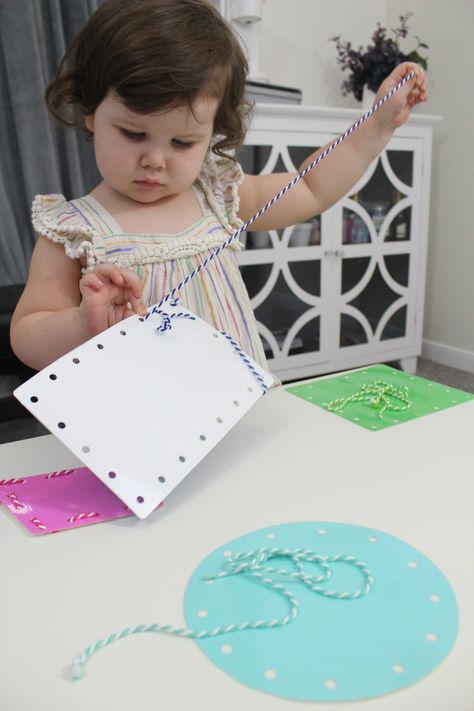 They love to sing and remember things so much better when put to music. It also works as a fun and gentle reminder; when your child begins to use bad manners, you can start singing the song.
They love to sing and remember things so much better when put to music. It also works as a fun and gentle reminder; when your child begins to use bad manners, you can start singing the song.
Sample one of these Good Manners Songs from The Child Care Lounge.
- Manners (Tune: I'm a Little Teapot)
- When You're Talking to a Friend (Tune: If You're Happy and You Know It)
- Good Manners (Tune: Twinkle, Twinkle Little Star)
Or this one from Let's Play Music.
Finally, try a classic like, " Your Happy And You Know It"
Play Games
Playing games together, whether board, card, or outdoor games, encourages following directions and taking turns. Children have to learn how to play fairly by the rules. Additionally, it provides opportunities to handle winning and losing like a "good sport.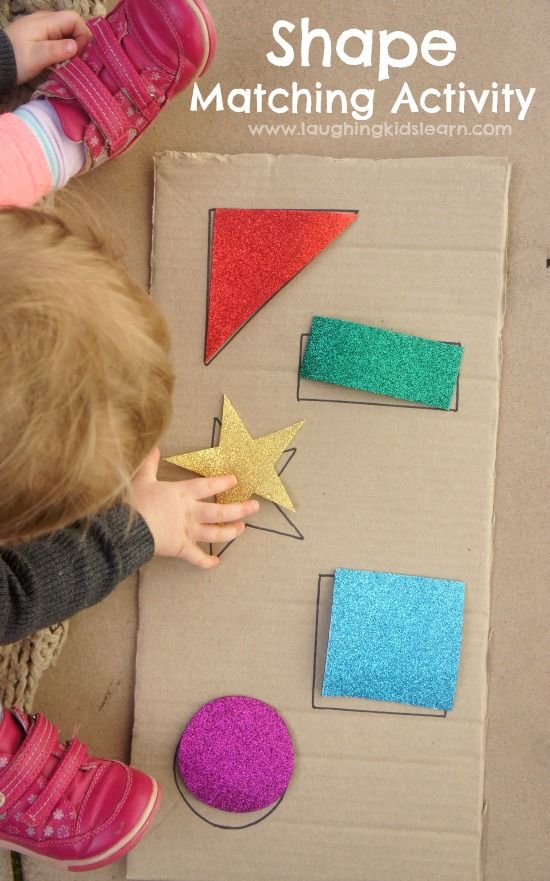 " Practice taking turns with your child by saying "my turn" and "your turn." Most important, focus on having fun while playing together.
" Practice taking turns with your child by saying "my turn" and "your turn." Most important, focus on having fun while playing together.
Role Play
Create a list of things to say and then "role play". For example,
- How to introduce themselves, i.e., "Hello, my name is…"
- How to join in playing with others, i.e., "May I play too?"
- How to nicely negotiate with others, i.e., No, thank you, I do not want the blue car. May I have the red truck, please?"
Social and Emotional Learning Skills
We will look at communication skills and some social-emotional development activities for toddlers and preschoolers to build effective communication.
Communication
Effective communication is one of life's most essential skills. Children need to be able to understand and express their emotions while also recognizing the feelings of others'. The need for positive interactions and connections with others is vital to our well-being.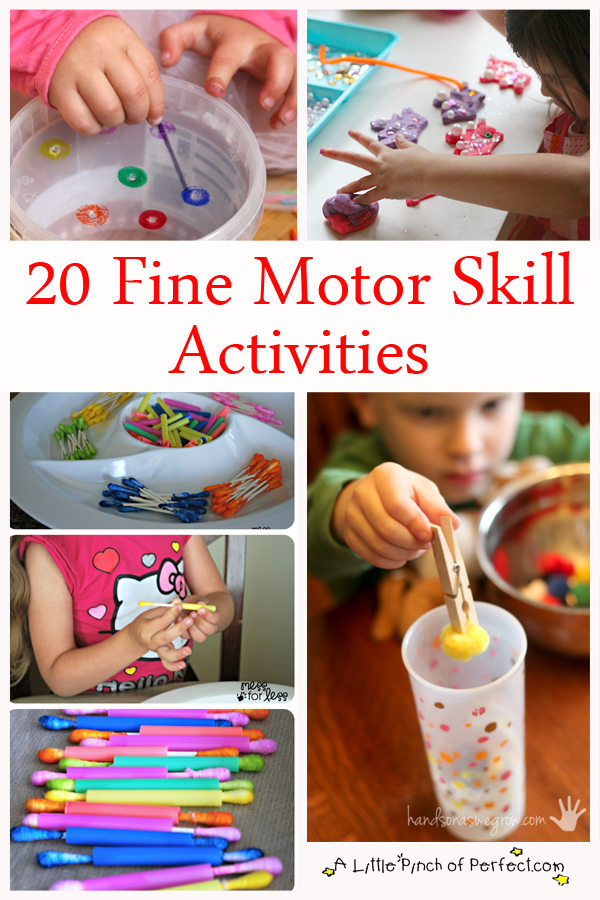 Below are just a few of the skills used in positive communication:
Below are just a few of the skills used in positive communication:
- Active Listening
- Following Directions
- Making Eye Contact
- Using Good Manners
- Having A Sense of Humor
- Not Speaking Too Loudly
- Speaking Clearly
- Telling The Truth
- Using Kind Words
Active Listening
Good listening skills require children to be active listeners. They must hear and understand what someone else is saying. As the foundation for effective communication, being an active listener is a skill that is essential for healthy relationships throughout life. Epictetus, a Greek philosopher, said, "We have two ears and one mouth so that we can listen twice as much as we speak." What wise words!
Practice is the name of the game! Try reading a book, stopping regularly to ask your child to recap the story. For instance, ask them, "What has been happening in the story?" Encourage them to continue listening as you read.
"Listening is where love begins.
" - Mr. Rogers
Following Directions
Following directions and listening are two skills that work closely together. Often, kids have a hard time following directions if they are not using their listening skills.
Younger children can get distracted or forget what you asked them to do. Use this time as an opportunity to practice their skills. For example, practice regularly with simple requests like "Please pass the butter to me" then give praise immediately for following directions.
Also, with young children, you want to give just one direction at a time. Instead of saying, "put on your shirt, wash your hands, and come to the table for dinner," pause until they have put on their shirt before you give the next request.
Furthermore, how you frame the direction makes a difference. You want to avoid phrasing it like a question. This suggests your child has an option and can say "no." Instead, ask them to repeat back what you said once you have given your direction, additionally reinforcing their listening skills.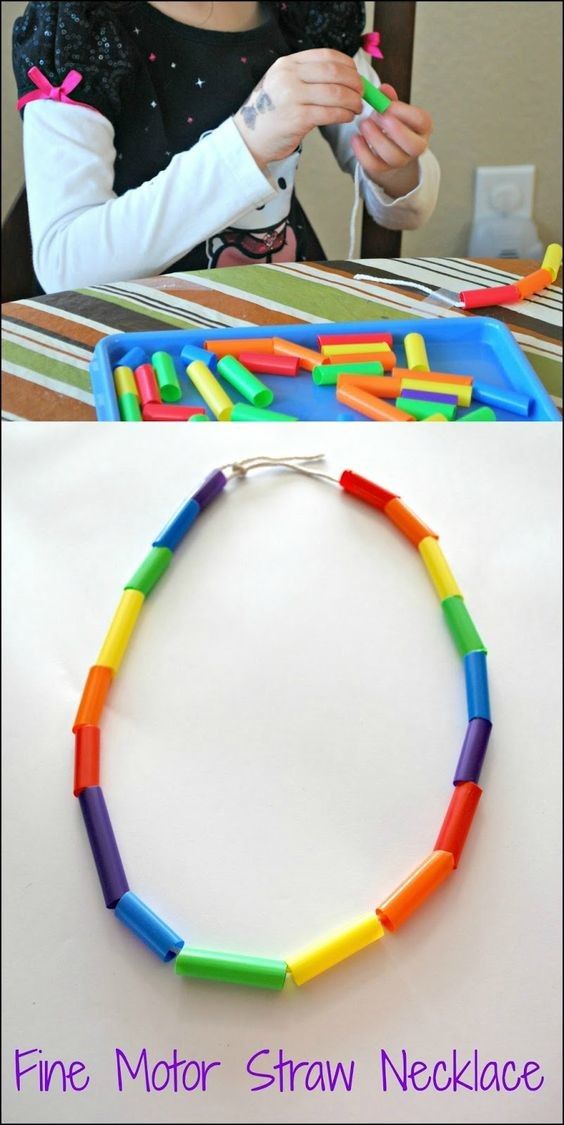
It is important to praise your child when you see they are following directions. Say things like, "Thank you for putting your blocks away the first time."
Making Eye Contact
Some kids may be shy and struggle to look at a person when speaking with them. However, making eye contact is imperative to effective communication, and children need to practice. Highlight the importance of making eye contact and model the behavior.
If your child finds it difficult not to look up, gently remind them by asking them, "Where do your eyes go when someone is talking to you? Always look for times to praise them when they remember to look at people when they are talking. You want to be kind and positive; shy children can often feel anxious.
Practice making eye contact with you first in a safe and loving environment. Have your child describe a story while you play with a toy, close your eyes, or look around but NOT at them. Then, have them share another story; this time, make eye contact while they are speaking.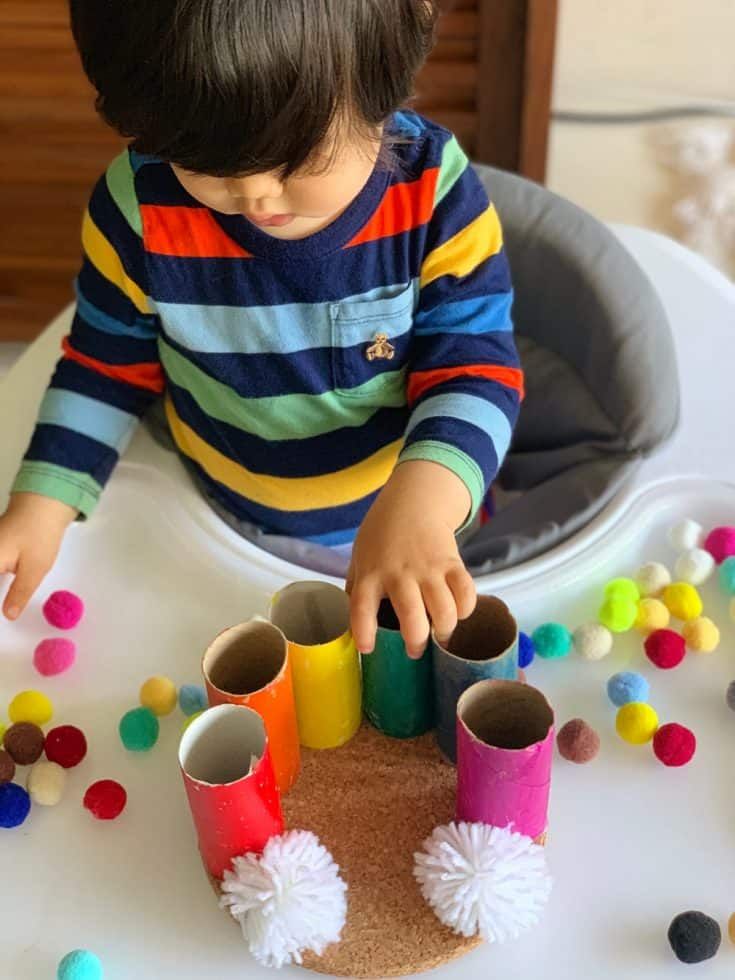 Afterward, talk about how it made them feel in each instance.
Afterward, talk about how it made them feel in each instance.
Using Good Manners
Good manners are more than just minding your "Please," and Thank you." It is about being polite and courteous, like not interrupting or talking with your mouth full. Using good manners, whether while eating and speaking, at home, or in public, is also about respect. Greeting people like family, friends, or visitors with a "Hi" or "Hello" makes them feel welcome and appreciated. Let's not forget the importance of "I'm sorry" and Excuse me."
We realize that teaching good manners can feel like an endless battle. However, when your child is polite and courteous, it makes others want to be around them. Furthermore, they are more likely to be invited places if they are respectful, gracious, and well-behaved.
Once before a trip to France, we were reminded that Americans are often considered rude by other countries. We can be loud in public, but the thing that struck me the most was that we forget to say "Hello" before asking for help or directions.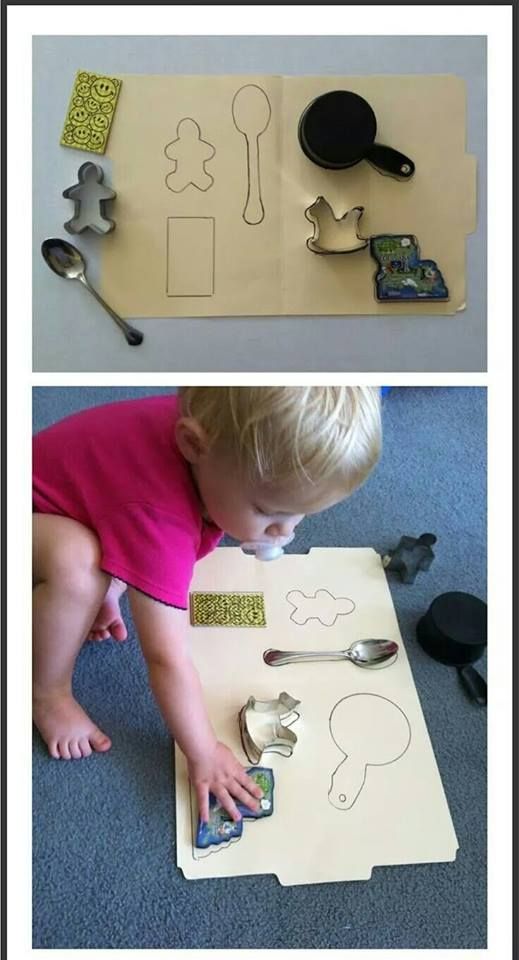 What a concept, a simple greeting of "Hi. How are you?" before asking, "Where can I find the bread" goes a long way.
What a concept, a simple greeting of "Hi. How are you?" before asking, "Where can I find the bread" goes a long way.
So, we tested it out while we there and what a positive response and experience we had. We also started practicing it at home and WOW! what a difference it makes. Such a small effort with a huge impact.
Now that was easy for us adults, but how do we teach our children good manners? Model them! Always saying "Please" and "Thank you" to your children, as well as others. Give gentle reminders and praise them when they remember to be polite.
Better yet, practice with these fun social-emotional activities for preschoolers and toddlers below.
Emotional and Social Development Activities For Toddlers
Social skills activities for toddlers are usually quite simple. Typically, before the age of three, toddlers rarely play cooperatively, but instead, they play alongside one another, enjoying each other's company. They are just beginning to engage in pretend play and like to imitate friends and adults. You see an increase in their independence, but they may still have some separation anxiety. For successful interaction, keep these general guidelines in mind when planning your social-emotional learning activities for toddlers.
You see an increase in their independence, but they may still have some separation anxiety. For successful interaction, keep these general guidelines in mind when planning your social-emotional learning activities for toddlers.
Hands Are Not For Hitting
Not hitting, is a vital skill to learn, especially for toddlers. You can create a song about what hands are for, including hand motions. Add things like Hands are for waving, clapping, drawing, hugging, and more. Look for more ideas in the "Hands Are Not For Hitting" book by Martine Agassi Ph.D.
Red Light, Green Light For Toddlers
This childhood classic requires listening and following direction skills. For toddlers, you may want to use signs to help them understand the directions initially. For example, you could make a round yellow "light" with a picture of hands clapping as a visual cue. As they become more proficient, you can remove the signs one by one and let them play by listening only.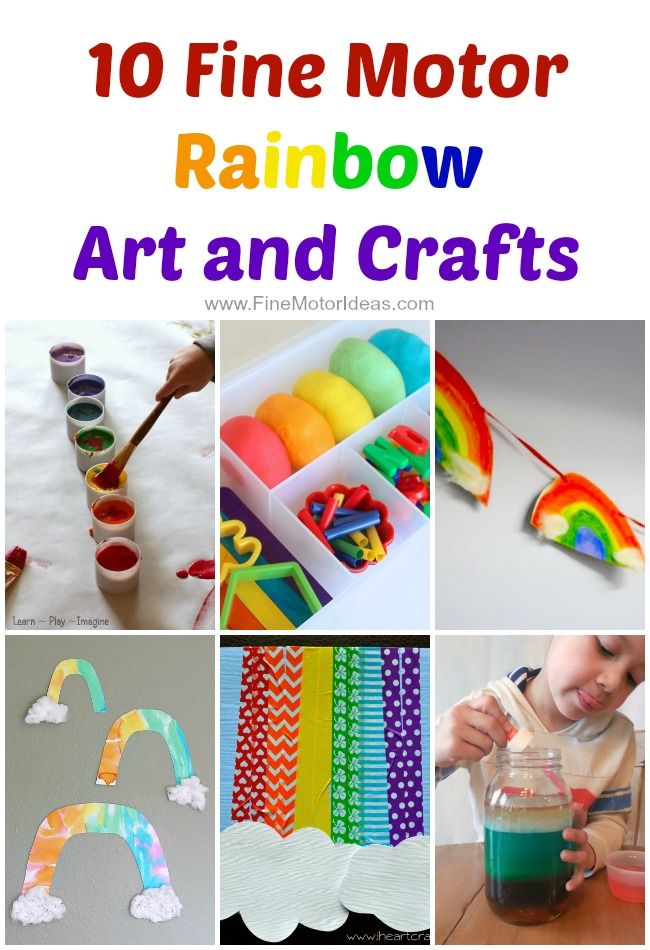
To play, one toddler is the "stoplight," and the others are bikes or cars. Let the kids decide. Next, the "stoplight" says "green light," and all the bikes come running towards the light. When the light calls out "red light," they all have to stop. If they fail to stop, they return to the beginning and start over. The first one to the "light" wins and gets to be the next "stoplight."
Follow My Clap
This game can expand as your child grows. For a toddler, start with a simple clapping pattern, have them listen, and then copy the rhythm. As the child gets older and more proficient, you can add other hand motions like slapping their knees for more complex patterns.
Follow The Leader
Another classic perfect for all ages and learning to follow directions. Choose one person to be the leader. With younger children due to language barriers, it might work best to be the leader in the beginning or just use physical cues. Have the leader "call out" or "act out" movements the kids must follow exactly.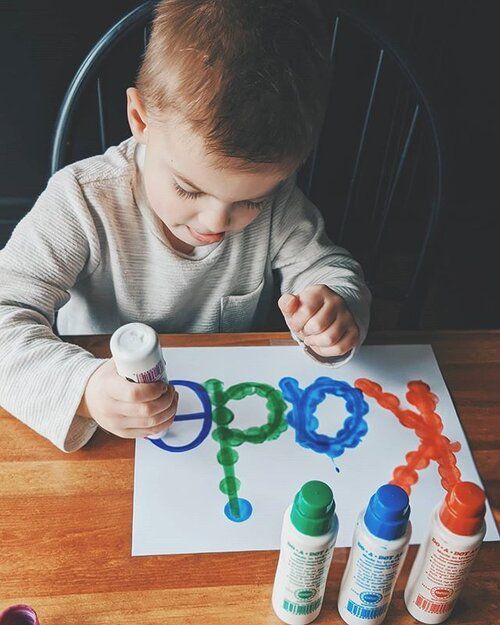
Simon Says
Not only, one of the best games for teaching listening and following directions skills, but also fun for all ages. You know how it goes, right? Someone gets to be "Simon" and gives directions to the other players. Let your child use their imagination and creativity; they could also be "Spiderman" or "Batman." How about "Anna" or "Elsa"? Maybe they want to dress up and get into character.
Next, they have to listen to see if they are supposed to follow the instruction. For example, when "Simon says…" before the direction, the child follows the direction. However, if they give an instruction without saying, "Simon says…" first, then the child does not follow the direction. If you do, then you are out!
Remember to keep the directions age-appropriate. Start slowly and be sure they understand the instructions. For younger children, you may want to give visual cues. For instance, if you say "turn around," then physically turn around.
Loud Or Soft?
Here is another easy game to fine-tune your child's listening skills.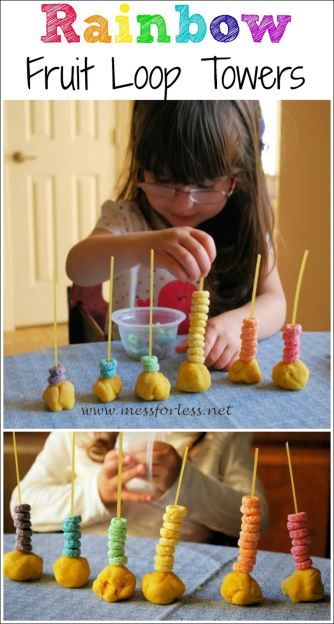 It requires them to focus and to understand loud versus quiet sounds. Which is helpful for down the road when you are asking them to use "soft voices." Start by making loud or soft sounds with various items, like loudly banging two blocks together. Then ask the child if the noise was loud or soft?
It requires them to focus and to understand loud versus quiet sounds. Which is helpful for down the road when you are asking them to use "soft voices." Start by making loud or soft sounds with various items, like loudly banging two blocks together. Then ask the child if the noise was loud or soft?
In another version, you can have all the kids make noise, such as stomping their feet. First, have them do it loudly, and then the leader says, "soft," and they stomp quietly.
Social-Emotional Activities For Preschoolers
As your preschoolers' skills increase, their social and emotional learning skills will become more complex. At this stage, they enjoy playing with other children, rather than alone. They are more creative and like to pretend, so now is a great time to add dress-up clothes and props for more imaginative play. Also, they want to try new things, so be creative and use your imagination when planning your social-emotional learning activities for preschoolers.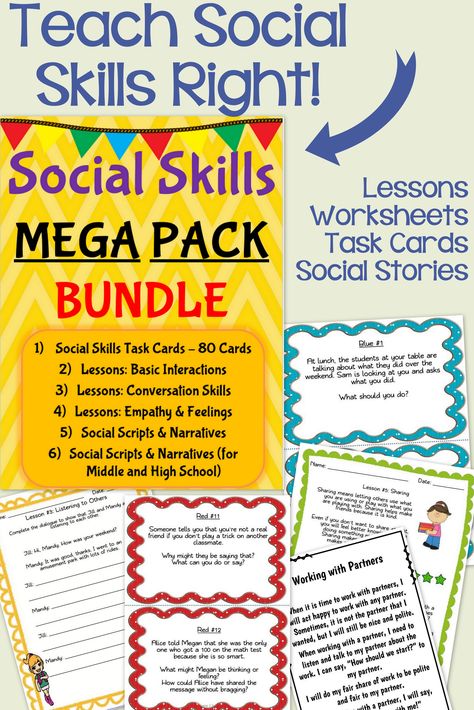
What Sound?
This one can be a lot of fun to watch children express different sounds. First, have children sit back to back. One at a time, have them make a sound (like an animal sound) and see if the other person can guess the sound. Then switch.
Follow The Rhythm
Create a pattern of sounds using musical instruments like drums or even pots and pans with wooden spoons. For instance, you bang on the drum three times. Then have your child repeat what you did. As the child increases their proficiency, you can make rhythm patterns more complicated.
Listening Activity With Blocks
Here is an easy and fun activity for one or more preschoolers, to reinforce active listening. Start with a large container of magnetic tiles in a variety of colors. Ask the first child to add "a blue block to the tower." Next, ask the second child to "add two green blocks to the tower." Continue until you run out of blocks. You can increase the difficulty if the children seem to be listening well by adding more complex instructions.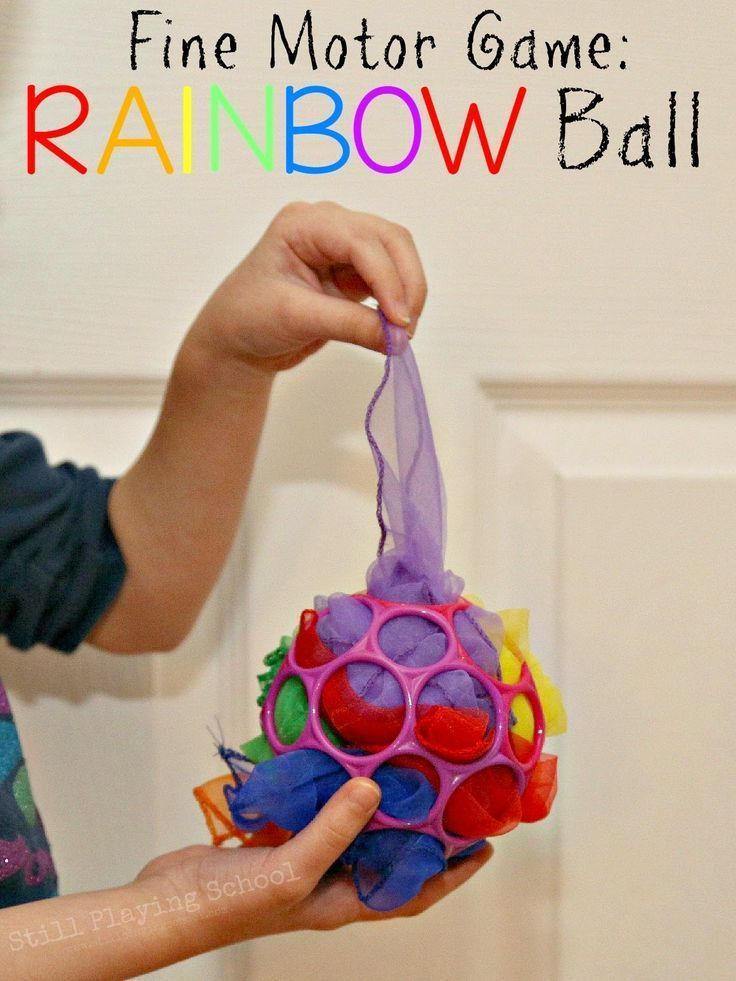 For example, "add one red block, one blue block, and two green blocks."
For example, "add one red block, one blue block, and two green blocks."
Obstacle Courses
Kids love them! Not only do kids reinforce their listening and following direction skills, but they build gross motor skills too! It is important to start small. Depending on your child's age and ability, begin with 3-5 obstacles or tasks.
Here are some ways to focus on listening and following direction skills.
- Give them the exact directions on how to move through the obstacle course. For instance, if you use giant building blocks, tell them whether to go over, around, or knock them down.
- Try incorporating a station where they have to stop and listen for the directions like "Simon says..." Once the task is completed, they can continue.
- What about including a magnetic blocks station where they must build a pyramid.
Games To Enhance Social And Emotional Skills
Playing games offers many benefits. They encourage early learning, paying attention, and increase language development.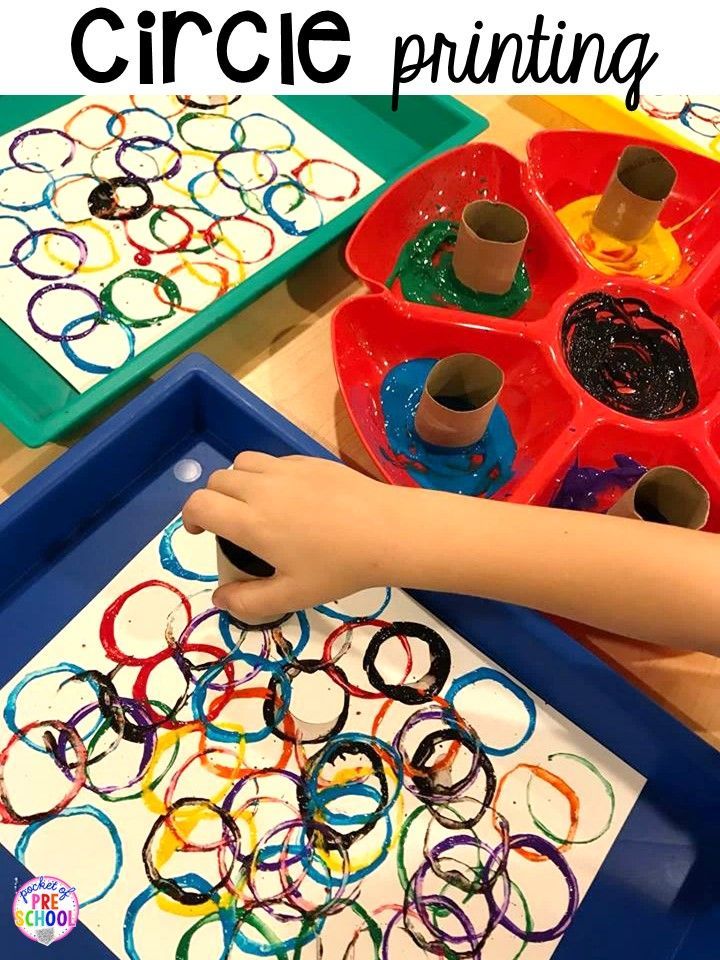 They provide opportunities to connect, to step away from our screens, and teach the value of teamwork. Most importantly, they focus on having fun.
They provide opportunities to connect, to step away from our screens, and teach the value of teamwork. Most importantly, they focus on having fun.
Red Light, Green Light For Preschoolers
A classic childhood game for preschoolers, with a twist. Once your child understands red means stop and green means go, you can increase the complexity by adding additional "light" colors. For example, "yellow light" for clapping, "blue light" for turning around, and "orange light" for jumping in place.
Or reverse the colors with "red light," meaning go and "green light," meaning stop. These simple variations force them to listen more carefully.
Mother May I?
Another childhood classic that requires following directions. One kid is the "mother" and stands far away, facing the line of children. "Mother" then chooses one child at a time and gives them a direction. Typically, these directions follow a standard, such as "Luke may take three giant steps forward" or "Hannah, you may take four baby steps forward.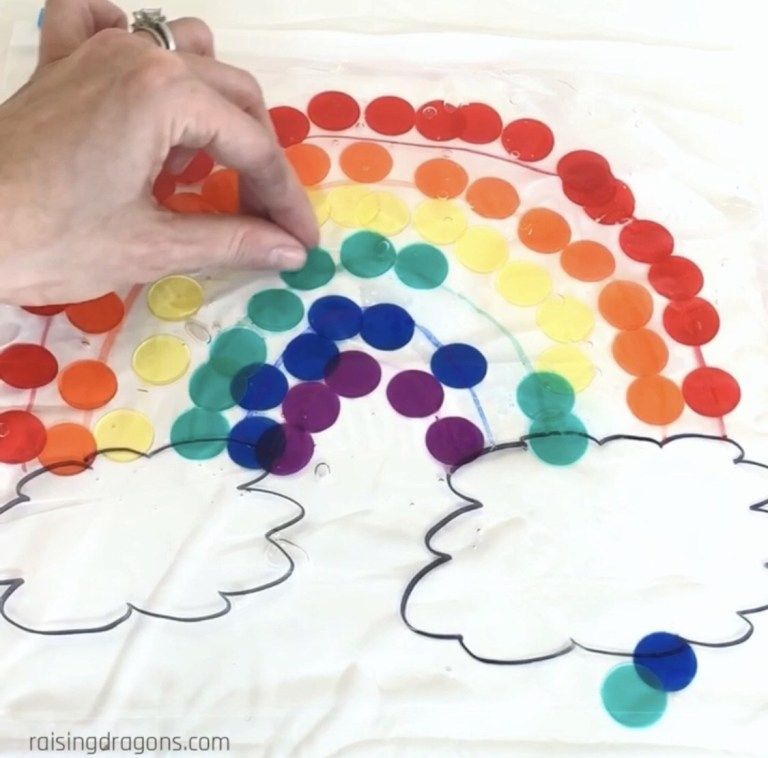 " The child then asks, "Mother may I?" and "mother" replies yes or no. If the child forgets to answer, "Mother, may I?" then they have to go back to the beginning. The first child to get to "mother" wins.
" The child then asks, "Mother may I?" and "mother" replies yes or no. If the child forgets to answer, "Mother, may I?" then they have to go back to the beginning. The first child to get to "mother" wins.
Simon Says (try a twist of "Listen To What I Say And Not What I Do")
You know how it goes, right? Someone gets to be "Simon" and gives directions to the other players. For preschoolers, you can add complexity by providing more than one-step instructions. For example, try "jump two times, clap your hands, and turn around."
Remember if they give an instruction without saying, "Simon says…" first, then the child does not follow the direction. If they do, then they are out!
Here is a fun twist on the game for older preschoolers. This version "Listen To What I Say And Not What I Do" requires kids to focus their listening and NOT uses visual cues. For instance, "Simon says...,: "run in place," but he is jumping in place. Then the correct action is to "run in place."
Here are a few fun commands to get the game started.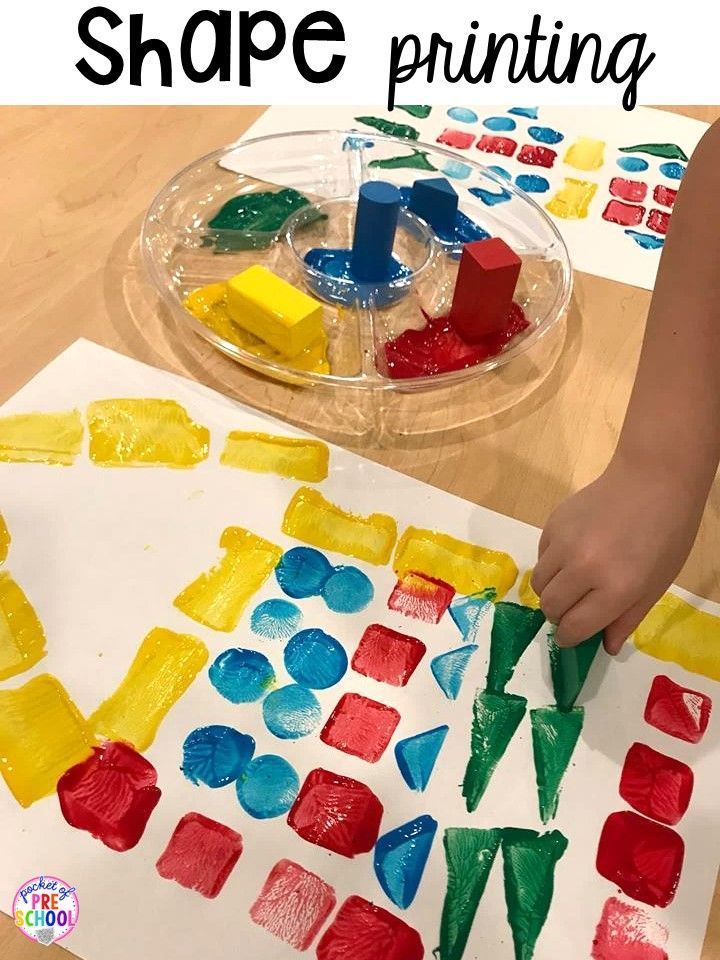 "Simon says…"
"Simon says…"
- Play air guitar
- Waddle like a penguin
- Act like a monkey
- Bark like a dog
- Meow like a cat
- Start singing
- Start dancing
- Cry like a baby
- Pretend to climb a ladder
- Walk backward
Build It! (a variation on the "Teacher Says" game)
In this version, you play with blocks.
- Gather a bunch of wooden building blocks as props and place them in the middle of the room.
- Choose one child to be the "builder" and explain the game.
- Next, you are the "contractor" to model how the game is played. Continue in this mode until the kids fully understand how to play the game. Then one of the kids can be the "contractor."
- Finally, give the "builder" a set of 2-4 directions, such as "line up two wooden square blocks, add one rectangle block on top, and one triangle block to the top." As you play, show useful listening methods, like making eye contact with the speaker, repeating the directions, waiting for all the instructions before starting, and creating a picture in your mind.
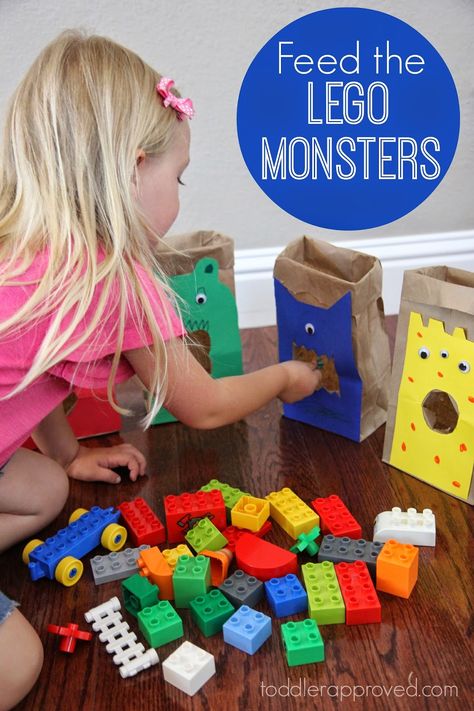
"Please" And "Thank You" Game
This game is a fun way to practice table manners before a special dinner like Christmas or Thanksgiving. Create make-believe food dishes to pass. Have your kids draw pictures of various dishes, such as mashed potatoes, broccoli, or pie on the plates. Also, you could simply cut them out of magazines or print them from the internet. Then glue the pictures to paper plates for passing.
Here is how to play:
- Start with the first "dish."
- Have the child name the food. Ask if they like it?
- If they do not like it, have them say, "No, thank you." If they do, "Yes, please!"
- Afterward, they pass the plate to the next child, asking, "Would you like some________?
- The child can then respond with a "No, thank you" or a "Yes, please."
- Continue until you have passed all the "dishes."
Music and Dance Activities
Dance and music are not just fun for toddlers and preschoolers, but they are beneficial too! Music cultivates communication and allows kids to express themselves.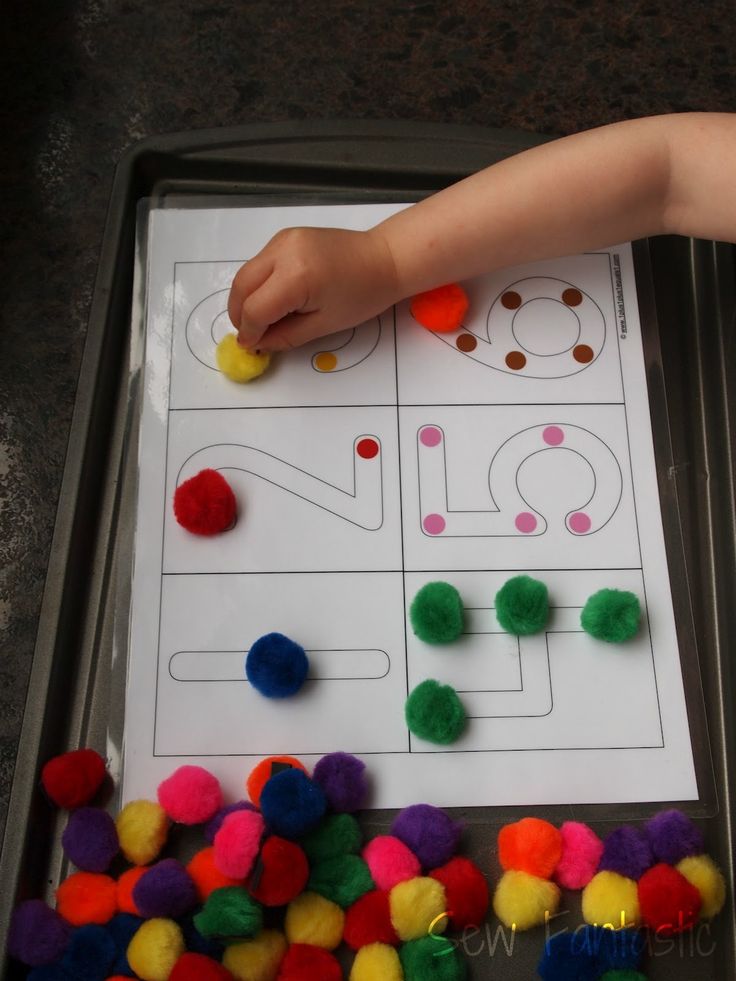 Furthermore, it contributes to imagination and creativity.
Furthermore, it contributes to imagination and creativity.
Let's Have A Dance Party!
This one starts with some music. Next, either an adult or a child may be the "dance leader." The "leader" starts dancing, and everyone must follow the moves exactly. Make it fun and silly! After about 30 seconds, but no more than a minute, the "leader" calls out another child's name, and they become the next "dance leader." Continue changing places until everyone has had a chance to be the "dance leader." Beware if you are caught not making the moves exactly, you will have to take a seat.
Freeze Dance
Kids love nothing more than music and dancing! This one is simple and fun. Play some music, and the kids start dancing, once the music stops, they "freeze." You can also add some variations like having them dance to the beat of the music, for instance, dancing slow motion to slow music and dancing fast to fast beat music. Or reverse it, dancing slowly to fast music and fast to slow music.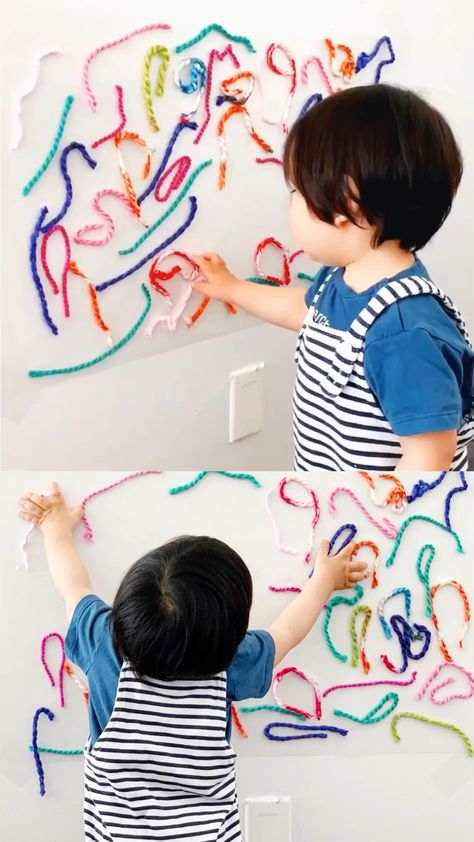
Easy social activities for toddlers and preschoolers are a fun way to help children learn how to listen, follow directions, and use good manners. For more development activities, check out our "Simple Block Activities For Toddlers And Preschoolers" post.
Check back soon for an upcoming post on more social-emotional activities for preschoolers and toddlers, focused on exploring their feelings, cooperation, and how to make and keep friends. Until then, we hope you enjoy your time together playing and practicing.
13 Social Skills Activities for Preschoolers + Milestones
- Share
The foundation for a person’s social behaviour is laid during the early years, which makes preschool a crucial time to ensure your children are learning social skills.
In this article I’ll explain briefly:
- why social skills are important
- examples of social skills for preschoolers
- the stages of social development
- social milestones by age
- 13 social skills activities for kids
Developing social skills in preschoolers is vital in order for them to be able to interact with others successfully and form healthy relationships throughout life.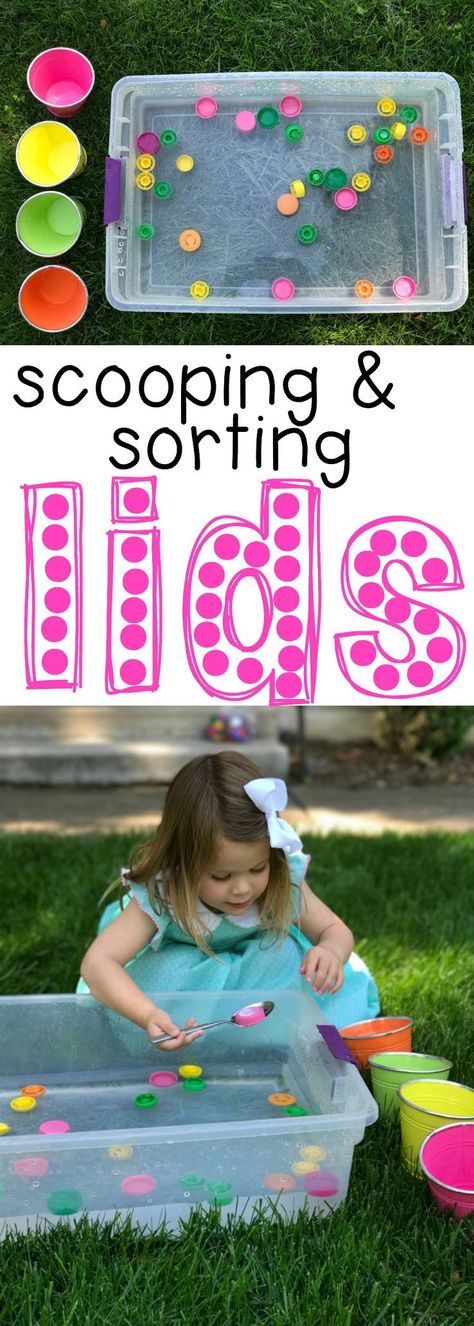
As children grow, they learn about social roles, values and behaviours from the world around them.
Parents, siblings, extended family, peers and teachers all have a role to play in moulding children’s social skills.
Healthy socializing involves three general things – generosity, helpfulness and taking turns.
Generosity
Generosity is about sharing with family as well as friends. Children must also learn to respect others’ rights and possessions.
Helpfulness
Learning to be friendly, considerate and helpful must be balanced with not being overly submissive and stifling the development of their own personalities.
Taking Turns
This is one of the most important skills to learn. It is the basis of courtesy and thoughtfulness and is relevant at almost every level of life.
Children must allow others to have their turn but also have the self-confidence to insist on getting their own turn, without trying to dominate activities and conversations.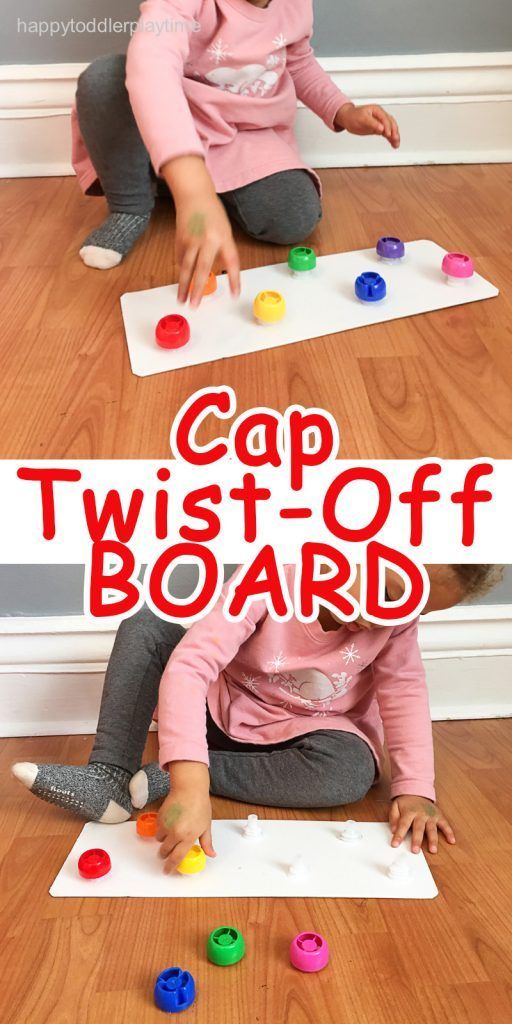 The example parents set is important.
The example parents set is important.
The social and emotional development of a child is an important aspect of their growth, just as much as intellectual or physical development, which we tend to pay more attention to.
Children need to build a set of prosocial skills in order to navigate communicating with others and building relationships. Here are some examples of social skills:
- Cooperating
- Being helpful
- Compromising
- Giving
- Sharing
- Taking turns
- Negotiating
- Showing sympathy
- Having empathy
- Imitating
- Protecting
- Assuming responsibility
- Respecting others’ views
- Showing attachment
Antisocial behaviours prevent children from communicating effectively. These are a few examples:
- Selfishness
- Telling lies
- Aggression
- Egocentrism
- Taking others’ possessions
- Bossiness
- Destructiveness
- Prejudice
In order to help children build social skills, it is necessary to first understand the social stages and milestones they will progress through so you can support them at their stage of maturity.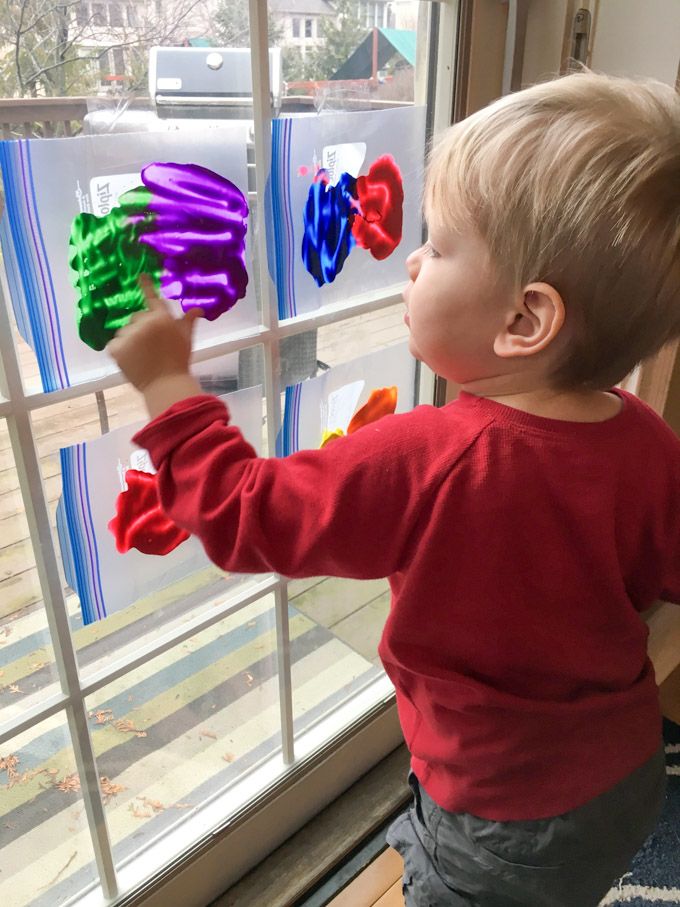
For example, there is no need to worry that your 2-year-old won’t share his toys as this is normal at his age. He is not yet mature enough to understand the concept of sharing.
Social development can be divided into three main stages: the Infancy, Childhood and Youthful periods.
Infancy PeriodThis stage begins at birth and ends at the first signs of speech. During this stage, infants learn to tell the difference between their own bodies and the environment around them.
Social development is strongly influenced by the mother-child relationship because the way a mother cares for her child will either convey tenderness or anxiety.
Childhood PeriodThe childhood period begins when a child uses clear speech and lasts up until the need for playmates of the same age emerges.
By following the example set by the parents, a child begins to classify his own behaviour as good or bad.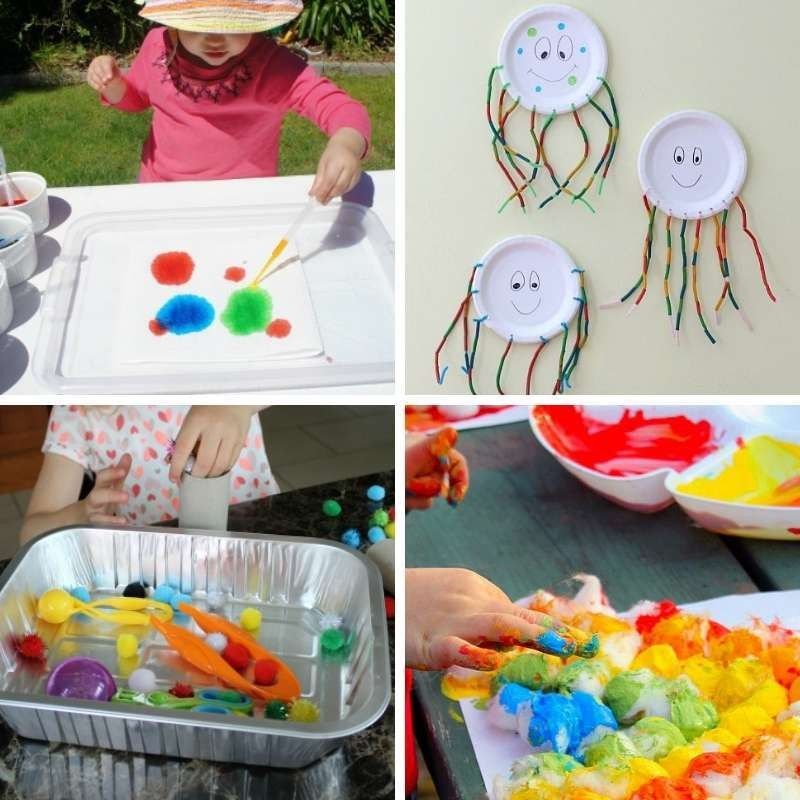 He also realizes the difference between enemies and friends.
He also realizes the difference between enemies and friends.
During this stage, children acquire language as well as cultural customs, such as hygiene, toilet or eating practices.
Youthful PeriodThis period begins when children prefer to play with others of the same age. More complex skills of interpersonal behaviour are learnt, such as cooperation, competition and compromise.
Here is a table of common milestones that occur at various ages as a child matures.
12 Months
- Shows affection for people she knows
- Likes to be around loved ones – to always hear or see them
- Passes an object or toy to an adult when asked, and sometimes even spontaneously
- Waves goodbye
- Begins to play games such as hide-and-seek
18 Months
- Plays alone happily but likes to be near a familiar adult or older sibling
- Likes other children but does not play with them
- Shows affection for family members, pets and dolls
- Begins to imitate people
- Repeats actions and expressions that receive a positive reaction
2 Years
- Likes people but is still egocentric
- Follows caregivers around the house and demands constant attention
- Imitates domestic activities
- May take turns but has difficulty sharing toys or adult attention
- Throws tantrums in order to be understood
- Happily plays near other children, but not yet with them (parallel play)
- Sometimes hits or bites children to get a reaction
- Can role play e.
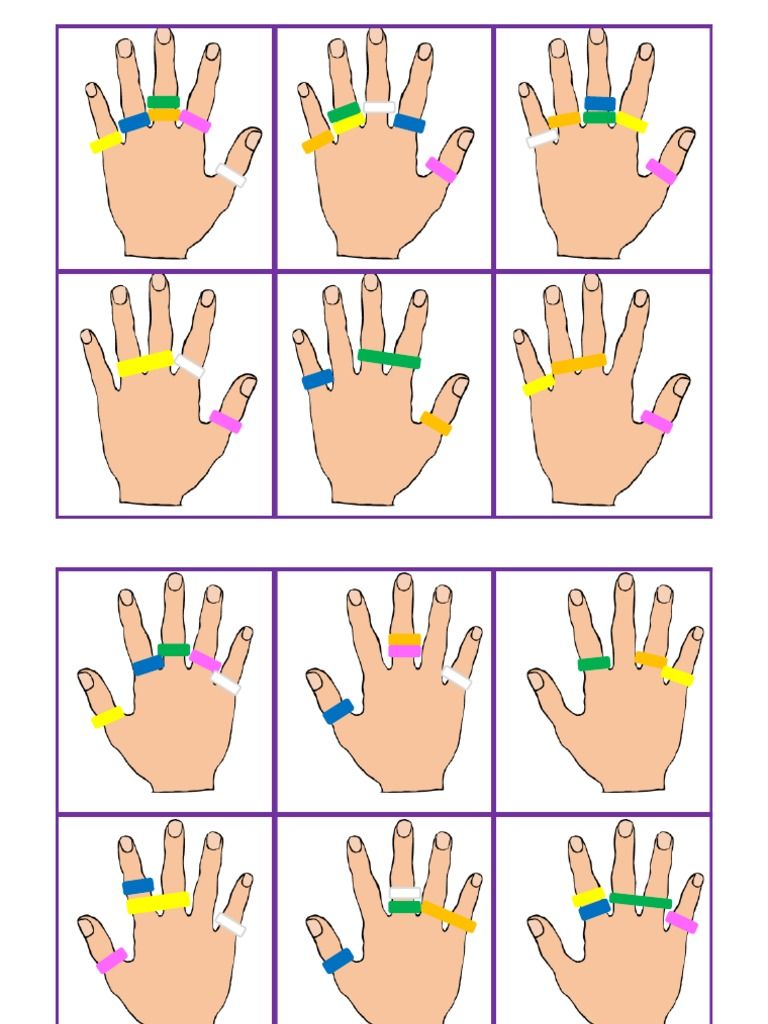 g. put a doll to sleep or wash the dishes
g. put a doll to sleep or wash the dishes
3 Years
- Begins to behave unselfishly
- Shows affection for younger siblings
- Likes helping with domestic activities such as shopping or cleaning
- Begins to share with others
- Enjoys playing alone and with other children
- Begins to show a preference for certain friends
- Begins to show sympathy when someone is upset
- Engages in make-believe play with dolls and toys and enjoys pretending to be someone else
- Still sees most things from their own perspective
- Talks about self, family and possessions
- Shows empathy with characters in stories
- Can wait for you to finish before talking
- Sometimes has an imaginary friend
4 Years
- Really enjoys the company of friends and can play in a group
- Often has a best friend
- Is strong willed
- Begins to form a sense of humour
- Understands taking turns and sharing
- Shows concern and sympathy towards younger siblings and friends
- Engages in dramatic make-believe play
- Becomes competitive
- Social skills develop such as – saying please and thank you (if taught), greeting people, talking to them, and showing respect towards others in the home
5 Years
- Behaves in a more controlled and sensible way
- Cooperates with companions and understands the need for rules and fair play
- Has a definite sense of humour
- Shows tenderness towards and is protective of younger children and pets
- Enjoys competitive games
- Enjoys fantasy games
- Chooses own friends (usually of the same sex)
- Begins to learn the value of compromise and negotiation
As you can see, sharing is a struggle for very young children.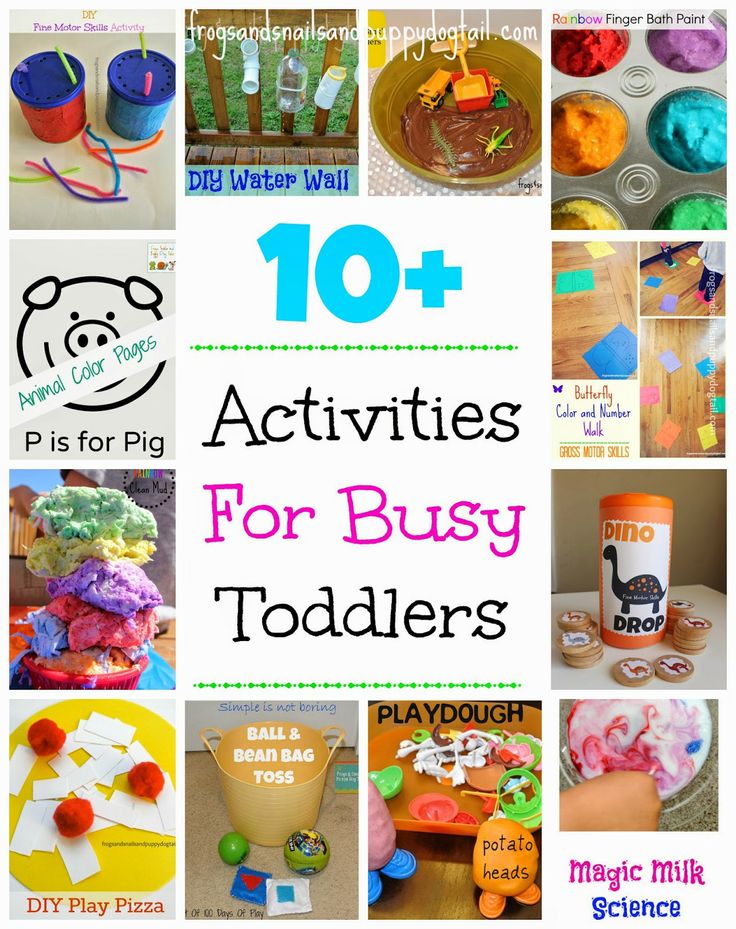 The advice is usually to divert and redirect attention when dealing with toddlers [source].
The advice is usually to divert and redirect attention when dealing with toddlers [source].
The most important activity your children can engage in, in order to develop their social skills, is play.
When preschool children play together they learn together.
Here are some reasons play is important for your child’s social development.
- It teaches cooperation and how to take turns
- Children are able to try different roles and personalities
- Play teaches children to verbalize their needs
- Kids learn to lead and follow
- It provides a broad base for the use of social language skills
- Children learn to respect others’ rights and possessions
- They develop an awareness of themselves as a member of a group
- Through play, they understand their own culture and values
- They gain knowledge about society’s rules and about group responsibility
- Play develops a positive self-image and self-concept
- It teaches how to participate in a group
- It promotes gender-role identification
- Children develop common goals and interests as they play together
- They learn to see others’ perspectives
- Children experience delight when playing
If you are wondering what activities would be most effective to help a child develop positive social skills, the answer is that you don’t really need a list of specific activities to “teach” them about socializing.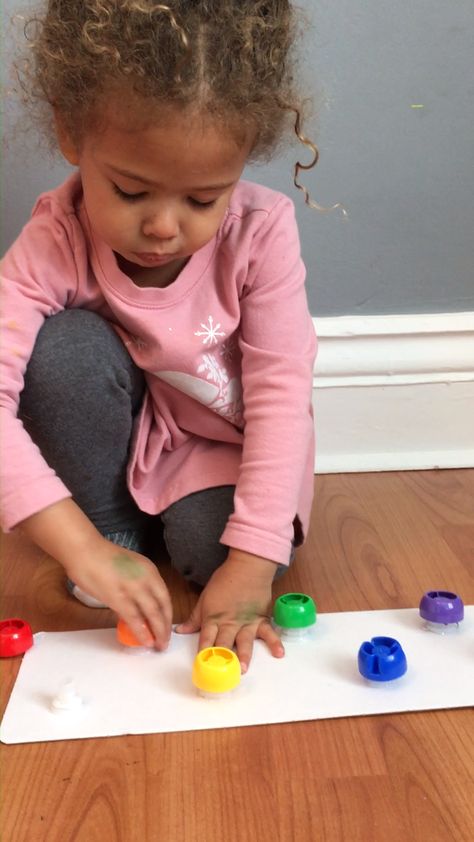
Rather, it is about giving them enough opportunities to play and interact and encouraging certain types of games and activities that involve interaction and cooperation.
You can discuss or play social skills games around topics like feelings and how to cope with conflict, but it will only be through experiencing these feelings and conflicts that your children will really learn these lessons and understand these concepts in a meaningful way.
Here are some simple social development activities for 3-5-year-olds.
1.
PlaydatesInvite friends over for a playdate and take your children to play with friends as often as you can. Playing with siblings is also good interaction.
The more opportunities your child has to mix with others, the more they will practise socializing.
Don’t leave your young child alone with a friend if he is not yet comfortable. Give him time to build trust.
2.
Group GamesPlay group games that involve taking turns and following rules.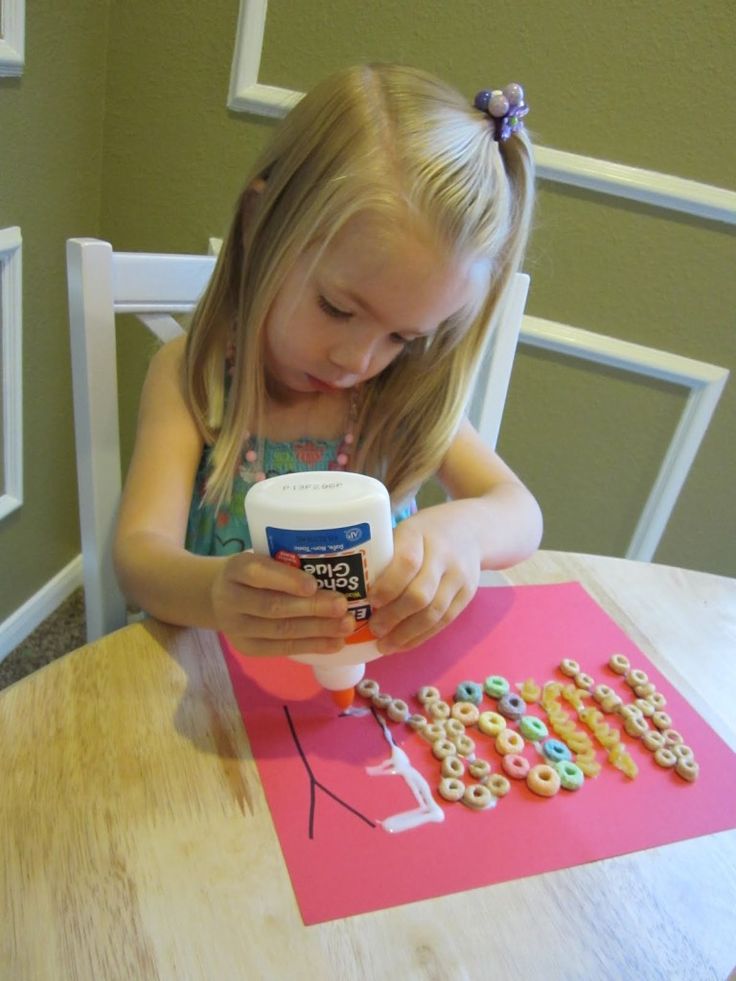
Children will learn with time that social interaction is fun and that in order for the game to work, they need to consider each other and all be active participants.
Also, encourage musical games such as musical chairs where there are rules to follow and children have to compete while still considering each other and being comfortable with losing sometimes (e.g. if your friend gets to a chair before you).
This takes maturity to understand.
3.
Board GamesBoard games are an excellent activity for older preschool children. These should have multiple players (even if you start with 2), rules and an objective (e.g. in Snakes and Ladders the objective is to reach the end first).
It can be a complex task for a child to learn to follow rules and keep the game positive while competing with friends or family members.
Younger children can start with simple card games or very basic board games.
4.
Fantasy PlayFantasy, or dress-up play, is an important part of learning to socialize.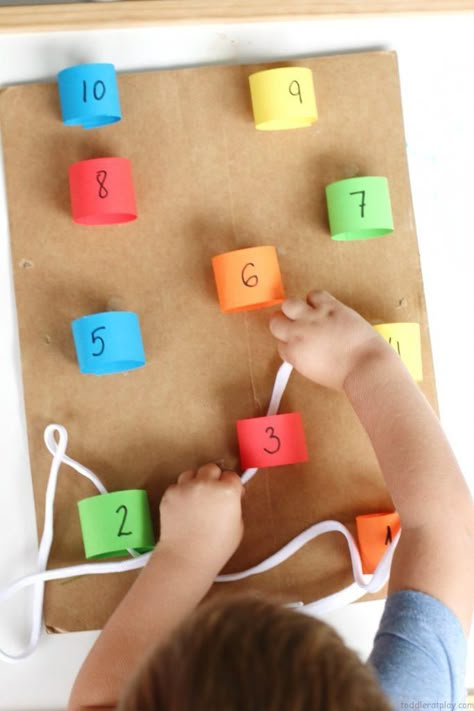 During this kind of play, children make sense of their world and the people around them by role-playing.
During this kind of play, children make sense of their world and the people around them by role-playing.
This is how they “practise” being an adult, behaving and interacting as an adult would. They also act out their own social customs and norms.
Fantasy play is a great social learning activity for children playing with one or more friends, as well as for smaller children playing alone.
Even though the child is alone, the activity revolves around pretending to interact with others, which is a great way to safely act out an interaction.
Provide opportunities at home by having a dress-up section in your child’s room. Provide different themed clothes and props and change them frequently to encourage new ideas.
5.
BlocksWhen children play with blocks together, they initially play alongside each other, building their own structures.
With time and maturity, they begin to share blocks, take an interest in each other’s structures and finally end up building something together.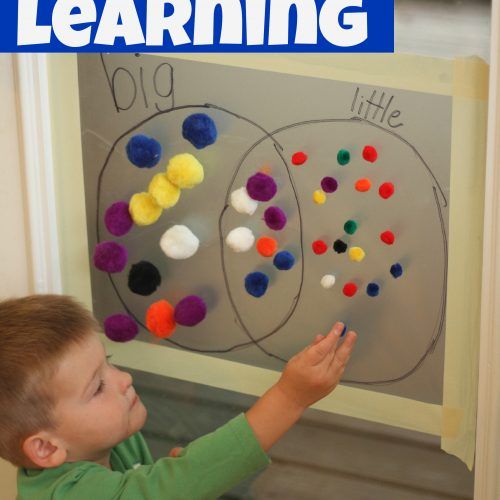
This is one of those activities where you will see this progression clearly.
By the time children are building together, they are learning to share, listen to each other’s ideas, problem-solve, organize, share opinions, negotiate, compromise and work towards a common goal.
6.
Sensory PlaySensory play is a fun activity that children love to do together. Whether they are playing with water, mud or sand, there is much sharing, negotiating and cooperation. It also often leads to fantasy play.
7.
Creative PlayWhen children are involved in creative activities such as drawing, painting, cutting, pasting or moulding playdough, they are often deep in conversation at the same time.
These activities usually happen around a table where the children are sitting calmly and are fully engaged with their playmates.
Some of the most intriguing and complex socializing I have witnessed has been around an art table.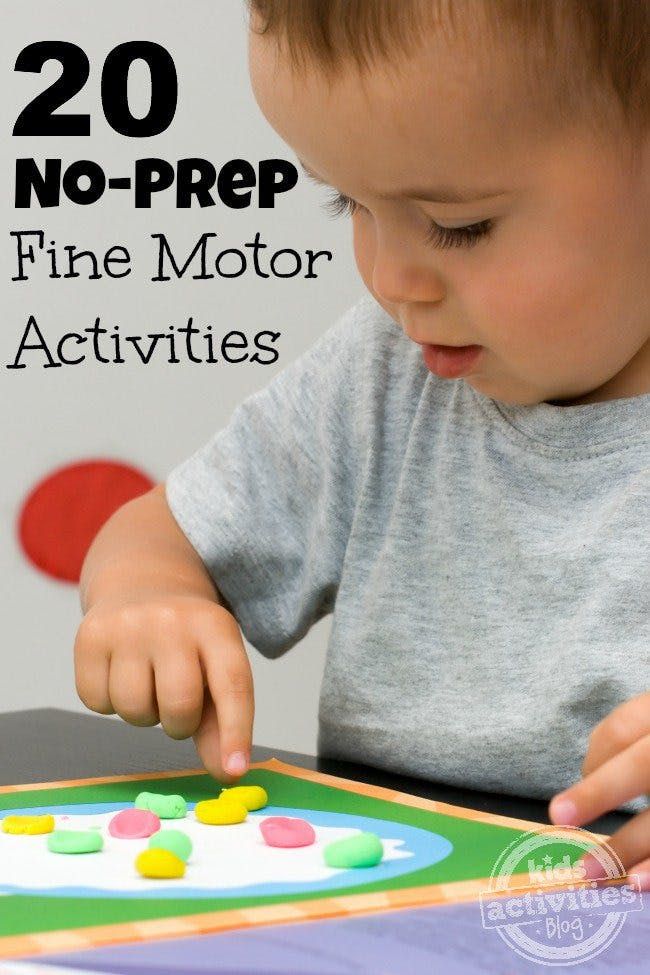
8.
ReadingReading to a child is my absolute favourite activity and one with so many benefits. Stories are all about people and animals and their relationships and interactions.
Read to your child daily and she will constantly be listening to how characters socialize, deal with problems, show emotions and generally interact.
You may find it hard to explain to a young child what empathy is, for example, but you can certainly teach the message with a story and let your child experience this trait on her own through listening.
9.
DiscussionsAlong with reading, discussions are another way to teach your children social skills.
Use every opportunity possible to discuss how your children feel, to talk about their friendships and even discuss the characters in the stories and how they handled certain situations.
When your children experience conflict with a friend, discussing possible solutions or how they can handle it is a far more educational experience than immediately intervening.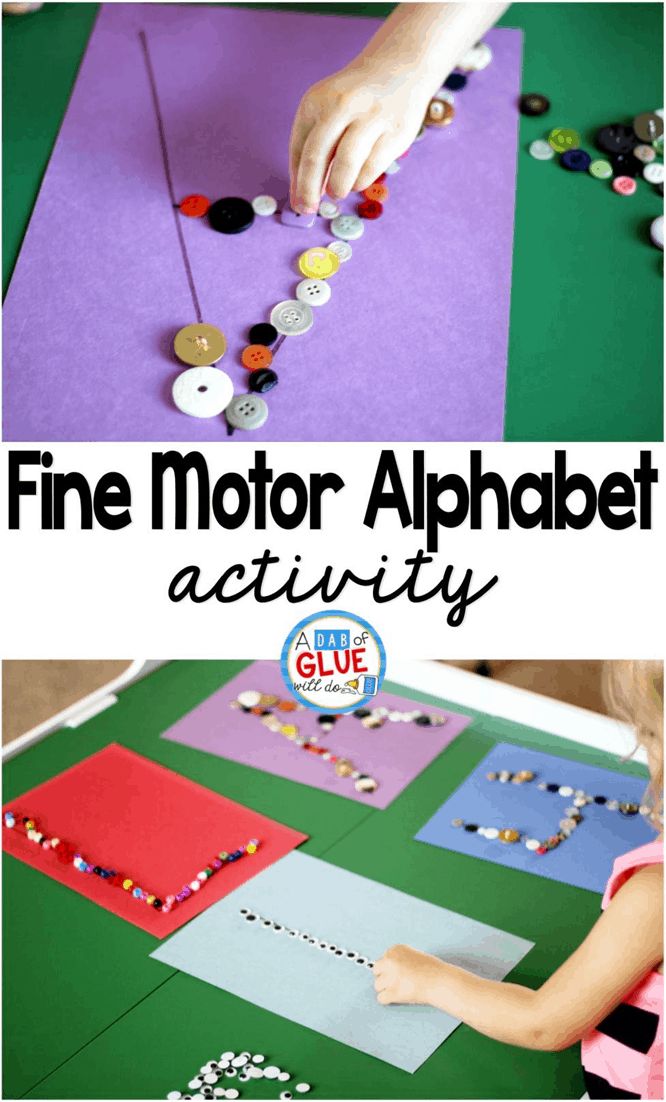
In my experience teaching in the classroom, the children who had lovely manners were taught at home as toddlers. Those who hadn’t been taught seldom spontaneously said please or thank you without being constantly prompted and reminded.
It is too late to teach a 3 or 4-year-old manners and courtesy. Start as early as possible.
11.
Free PlayThe best socializing and learning occurs naturally – when children are playing freely with each other.
You may choose to present and encourage certain activities, such as an art project, but know that any time spent playing with others is time they are learning valuable social skills.
Try not to let screen time or too many planned activities get in the way of real play and socializing.
…and don’t forget these two important points:
12.
Build a Healthy Relationship With Your ChildA child’s primary relationship – with his parents – is the basis for all future socializing.
The relationship should be warm and close. Your child should feel love, security, acceptance, trust and self-esteem.
13.
Model Positive BehaviourChildren learn about socially acceptable behaviour by watching their parents. They learn more from watching you than from listening to you.
I hope you enjoyed these ideas and activities for developing social skills in preschoolers.
Source:
De Witt, M. 2016. The Young Child in Context: A psycho-social perspective. Second edition. Van Schaik Publishers: Pretoria.
Join Empowered Parents + and you’ll receive a downloadable set of printable puzzles, games and short stories, as well as the Learning Through Play Activity Pack which includes an entire year of activities for 3 to 6-year-olds.
Access is free forever.
Signing up for a free Grow account is fast and easy and will allow you to bookmark articles to read later, on this website as well as many websites worldwide that use Grow.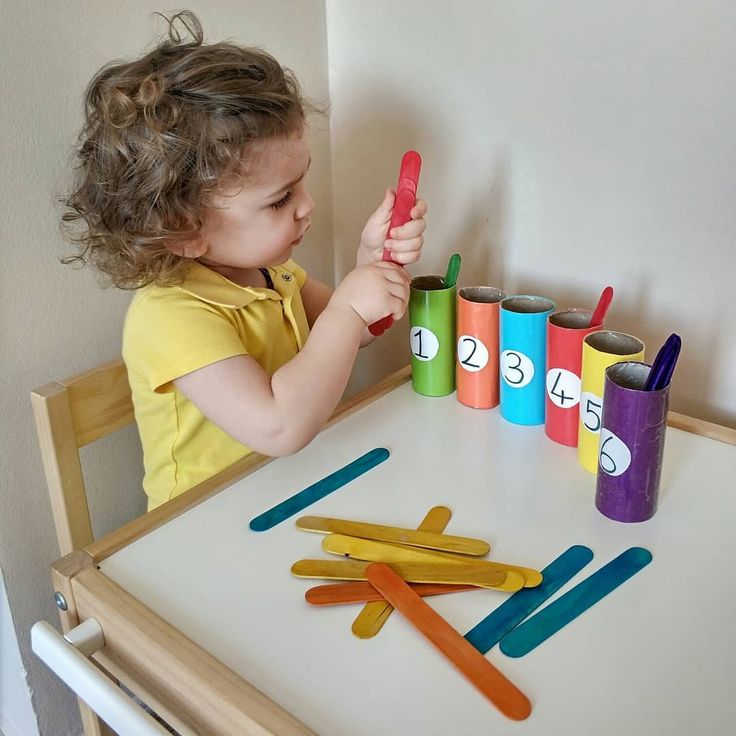
- Share
Social skills of preschoolers - the development of social skills in children
The development of social skills is a necessary point of education. A child with a high degree of socialization will quickly get used to kindergarten, school, any new team; in the future will easily find a job. Social skills have a positive effect on interpersonal relationships - friendship, the ability to cooperate.
Let's figure out what social skills are.
What are social skills and why develop them?
Social skills - a group of skills, abilities that are formed during the interaction of a person with society and affect the quality of communication with people.
Man is a social being: all our talents and aspirations are realized thanks to other members of the group. Others evaluate our actions, approve or condemn our behavior. It is difficult to reach the pinnacle of self-actualization alone.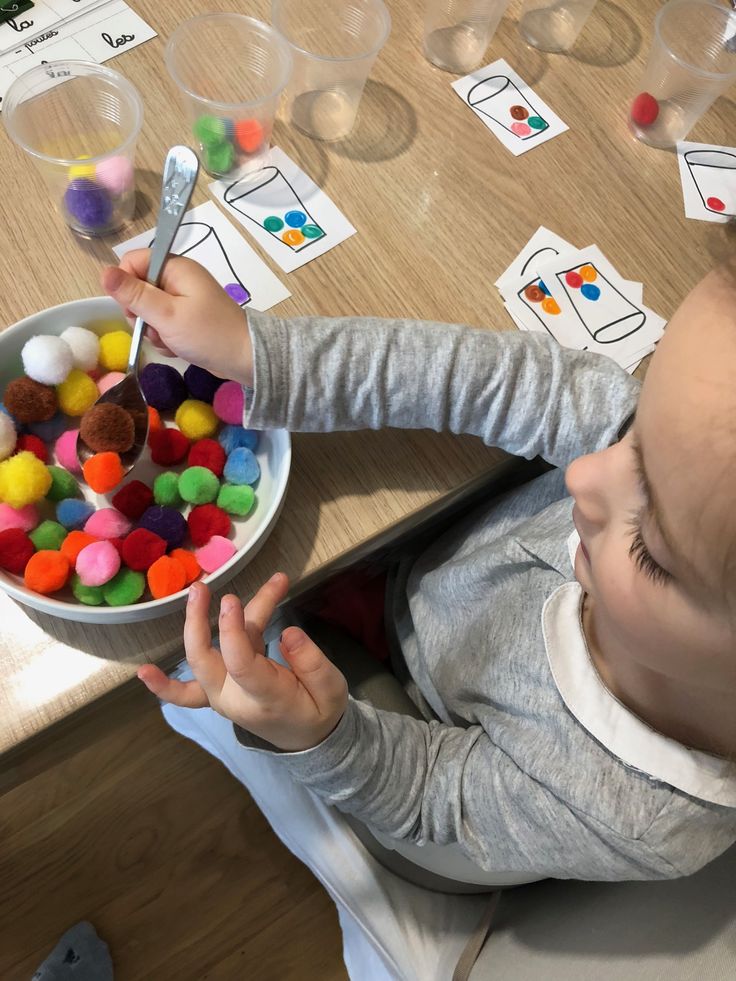
That is why social skills are important. They should be developed from early childhood and honed throughout life.
Social skills are a reflection of the child's emotional intelligence, to which educators and teachers assign an important role in the process of personality development. Without this group of skills, a smart child will not be able to apply the acquired knowledge in practice: it is not enough to create something outstanding, you need to be able to correctly convey thoughts to the public.
Sometimes people mistakenly believe that social skills relate exclusively to the topic of communication, communication. In fact, skills include many multidirectional aspects: an adequate perception of one's own individuality, the ability to empathize, work in a team, etc.
Why do we need social skills?
- Regulate the area of interpersonal relationships: the child easily makes new friends, finds like-minded people.
- Minimize psychological stress: children with developed social skills quickly adapt, do not feel sad due to changes in external circumstances.
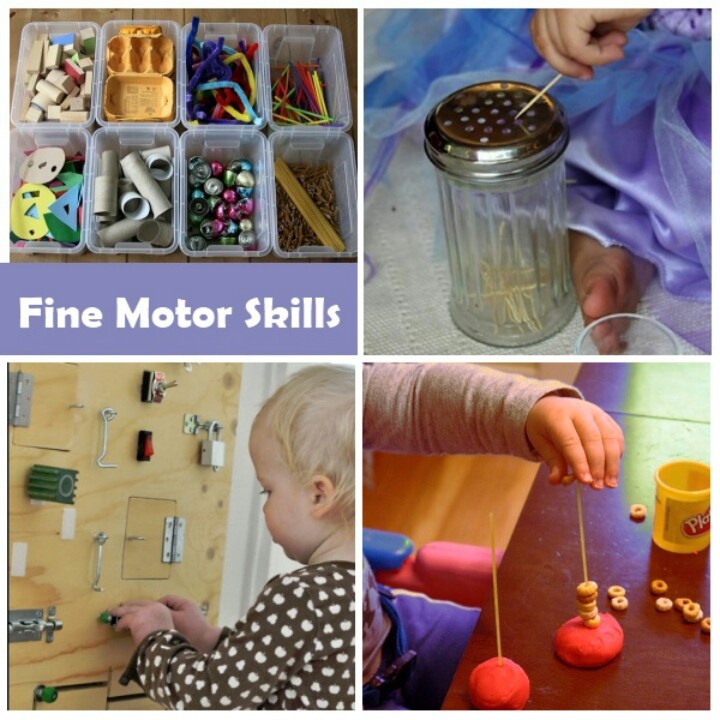
- They form an adequate self-esteem from childhood, which positively affects life achievements and development in adulthood.
- Social skills cannot be separated from building a successful career: the best specialists must not only understand the profession, but also have high emotional intelligence.
Development of social skills in a child
Social skills need to be developed from preschool age, but older children and even teenagers may well learn to interact with the world.
It is recommended to pay attention to areas of life that bring discomfort to the child, significantly complicate everyday life.
- Friends, interesting interlocutors: the kid does not know how to join the team, he prefers to sit in the corner while the others play.
- Verbal difficulties. The child does not understand the rules of conversation, is poorly versed in the formulas of etiquette (when you need to say hello, say goodbye, offer help).
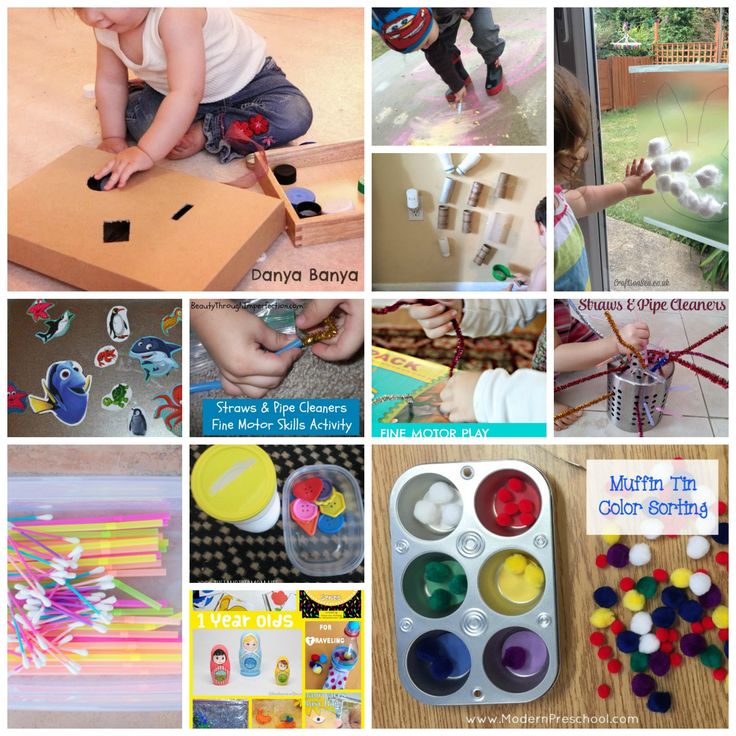
- Problems with the non-verbal side of communication. Such a baby does not recognize the shades of emotions, it is difficult to understand how others relate to him. Cannot "read" faces and gestures.
- Does not know the measure in expressing a point of view: too passive or, conversely, aggressive.
- The child bullies classmates (participates in bullying) or is a victim.
In case of severe moral trauma, one should consult a psychologist: for example, school bullying is a complex problem that children are not able to cope with on their own. The involvement of parents and teachers is required.
In other cases, family members may well be able to help the child develop social skills.
What are the general recommendations?
1. Be patient
Don't push your child to get the job done. Let them take the initiative: for example, do not rush to help during school gatherings, let the baby work on the problem on his own.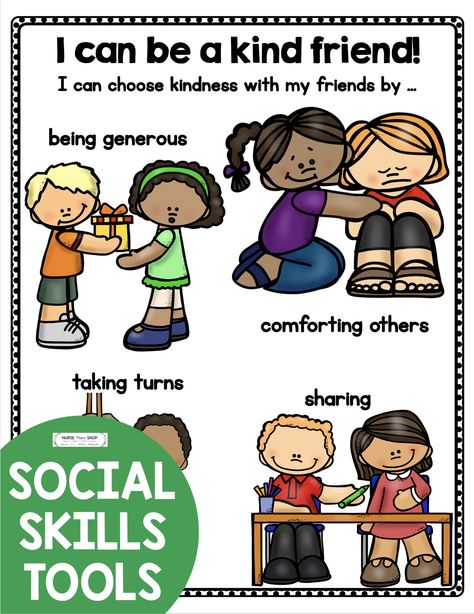 The same goes for lessons and other activities.
The same goes for lessons and other activities.
2. Support undertakings
Children's dreams seem trifling to adults, but the initiative turns into a habit over the years and helps to discover new projects, meet people, and experiment.
3. Criticize the right way
When making negative comments, remember the golden rule of criticism: analyze the work, highlighting both positive and negative sides in a polite way. Commenting on the specific actions of the child, and not his personality or appearance - this will lead to problems with self-esteem.
4. The right to choose
It is important for children to feel that their voice is taken into account and influences the course of events. Invite your child to personally choose clothes, books, cartoons. Ask about ideas, plans: “We are going to have a rest together at the weekend. What are your suggestions?
5. Personal space
Make sure that the baby has a place where he can be alone and take a break from talking.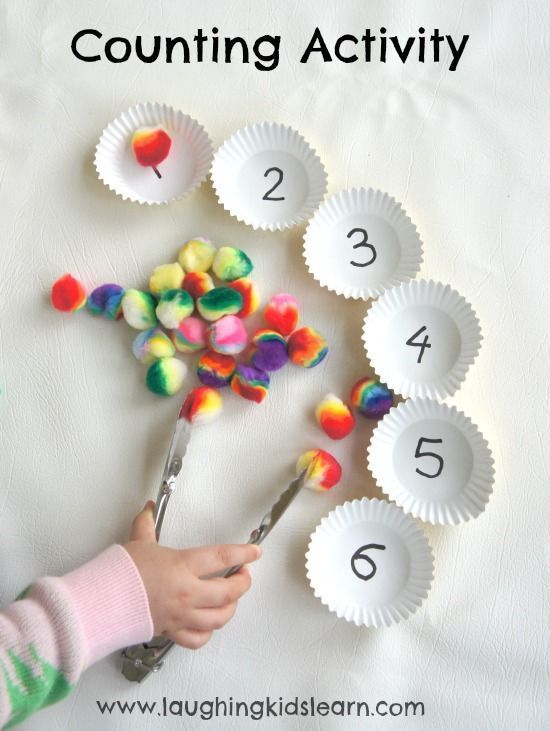 Personal things should not be touched: rearrange without prior discussion, read correspondence with friends, check pockets, etc.
Personal things should not be touched: rearrange without prior discussion, read correspondence with friends, check pockets, etc.
Children, noticing the respectful attitude of adults, quickly begin to pay in the same coin; the atmosphere in the family becomes warm and trusting.
What social skills should be developed in a child?
Let's dwell on the main qualities and skills, the development of which is worth paying attention to.
1. The ability to ask, accept and provide help
Without the ability to ask for help, the child will deprive himself of valuable advice; the lack of the ability to accept help will lead to losses, and the inability to provide help will make the baby self-centered.
- Let the child help those in need: for example, a lagging classmate.
- Explain to your child that getting help from friends and teachers is not a shame.
- Show by personal example that mutual help enriches experience: tell how you exchange advice with colleagues, friends.
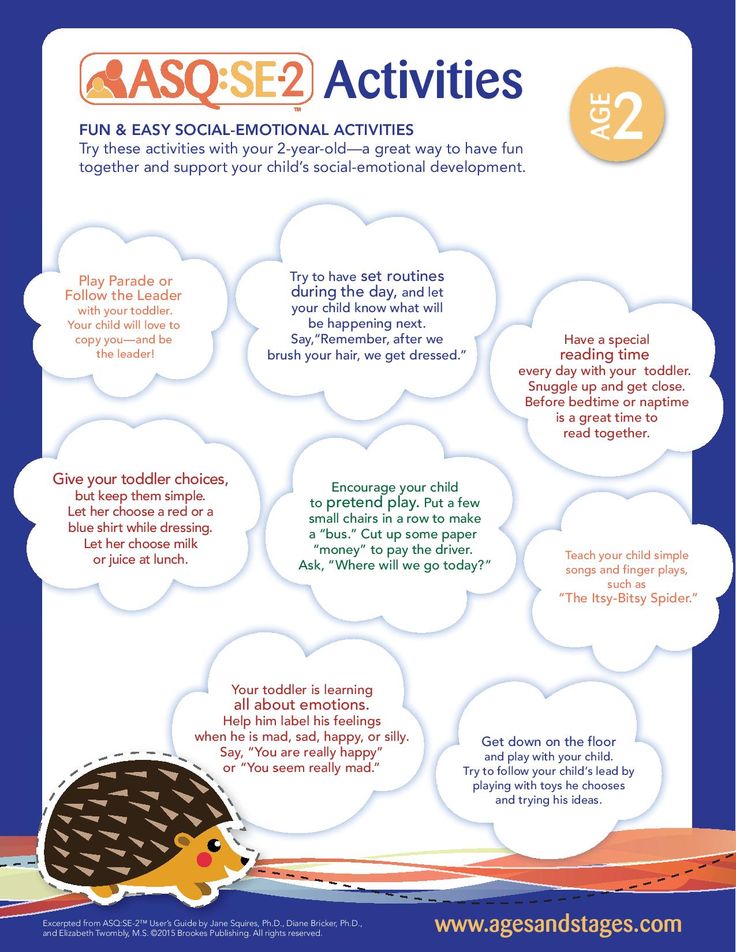
2. The ability to conduct a conversation and get the right information
Being a good conversationalist is difficult, but the skill is honed over time and brings a lot of benefits.
- Prompt your child for dialogue development options: for example, you can start a conversation with a relevant question, a request for help.
- Do not leave the child in the role of a silent listener: when discussing pressing issues at home, ask the opinion of the baby.
- Support children's public speaking: presentations at school, performances, funny stories surrounded by loved ones will add confidence.
3. Empathy
Empathy is the ability to recognize the emotions of others, put yourself in the place of another person, empathize.
This ability will make the child humane, prudent. How can it be developed?
- Start by recognizing the child's feelings - it is useless to listen to people if the person does not feel personal experiences.
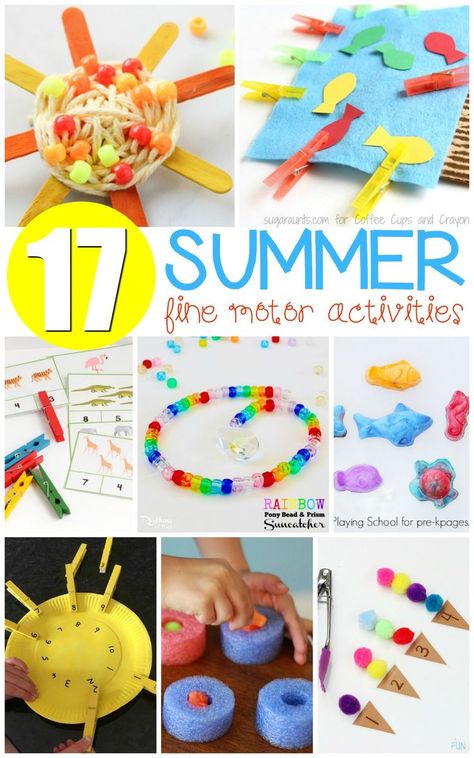 Ask your baby: “How do you feel after a quarrel with friends?”, “Do you want to relax today?”
Ask your baby: “How do you feel after a quarrel with friends?”, “Do you want to relax today?” - After conflicts with classmates, ask your child how the children with whom the quarrel may feel now.
- While watching cartoons, reading books, pay your child's attention to the emotional state of the characters.
4. Ability to work in a team
Many children can easily cope with tasks alone, but this is not a reason to refuse to work in a team. It gives the opportunity to exchange ideas and experience, delegate tasks, achieve goals faster and more efficiently.
- If the child does not communicate with members of the team, try to introduce him to another social group: for example, the lack of communication with classmates can be compensated by a circle of interests, where the child will feel calmer.
- Make the family a friendly team in which the child has his own "duties": for example, do housework, remind parents of upcoming events.
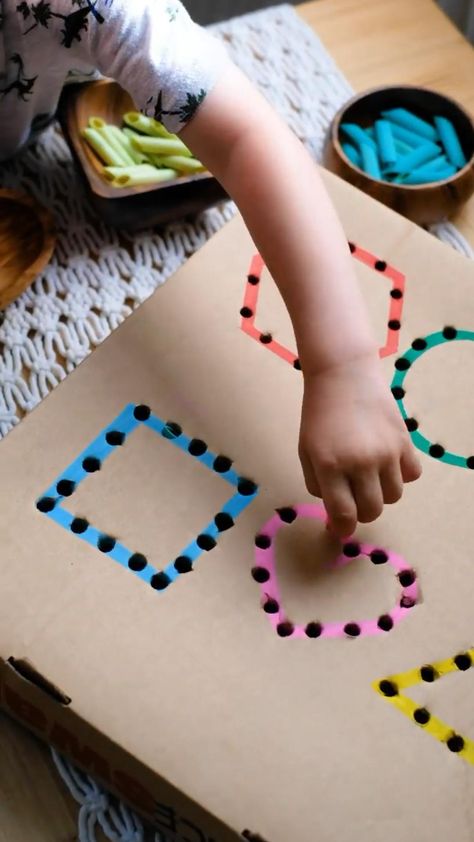 Any activity related to the well-being of other family members will do.
Any activity related to the well-being of other family members will do.
5. Respect for personal boundaries
The absence of an obsessive desire to interfere in other people's lives is a valuable skill that helps to win people's sympathy.
- Respect the child's personal boundaries: do not enter the nursery unannounced, do not rummage through personal belongings and correspondence, if the matter does not concern the life and safety of the baby.
- If the child violates other people's boundaries (takes toys without permission, asks uncomfortable questions), talk about it in private.
6. Ability to overcome conflict situations
It is difficult to imagine our life without conflicts. The task of the child is to learn how to culturally enter into a discussion, defend his point of view, and not be led by the provocations of his interlocutors.
- Discuss problems that arise calmly, without raising your voice. Do not put pressure on the child with parental authority unnecessarily: the child is a separate person who has the right to an opinion.
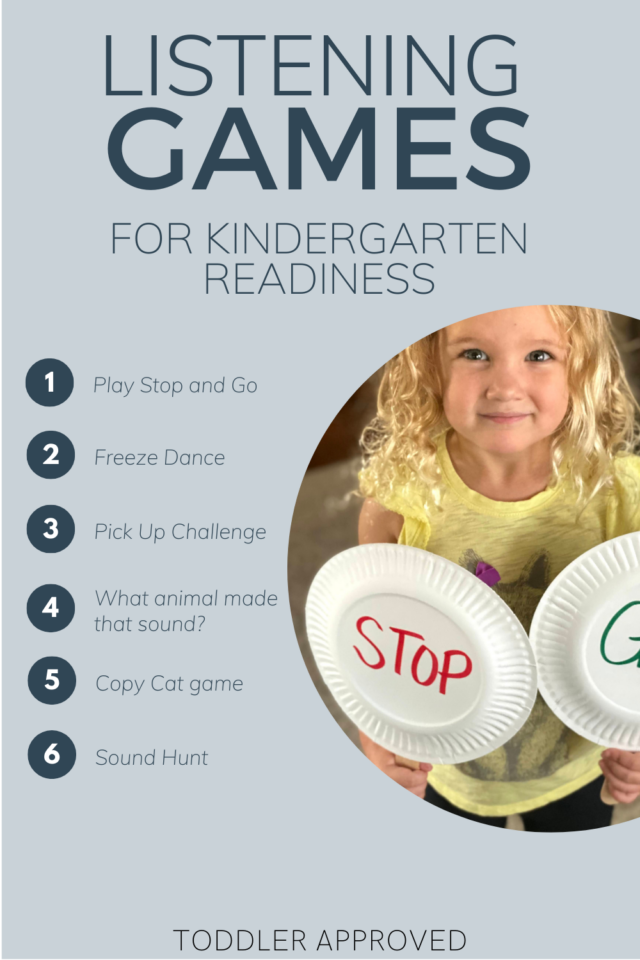
- Do not judge people for views that differ from those of your family but do not affect your well-being. Show your child that the world is very different.
- You can demonstrate to children the basics of a civilized dispute, explain what arguments are, etc. It is advisable to teach this child in kindergarten.
7. Self-confidence
Stable and adequate self-esteem is a quality that not all adults possess.
It is formed under the influence of many factors: relationships between parents, the role of the child in the family circle, the characteristics of the environment that surrounded the child in early childhood.
It is important that the child does not grow up to be either a narcissistic narcissist with fragile self-esteem, or an overly shy person. How can you help your child find balance?
- Praise your child for personal progress: to receive a compliment from parents, it is not necessary to win prizes in school competitions.
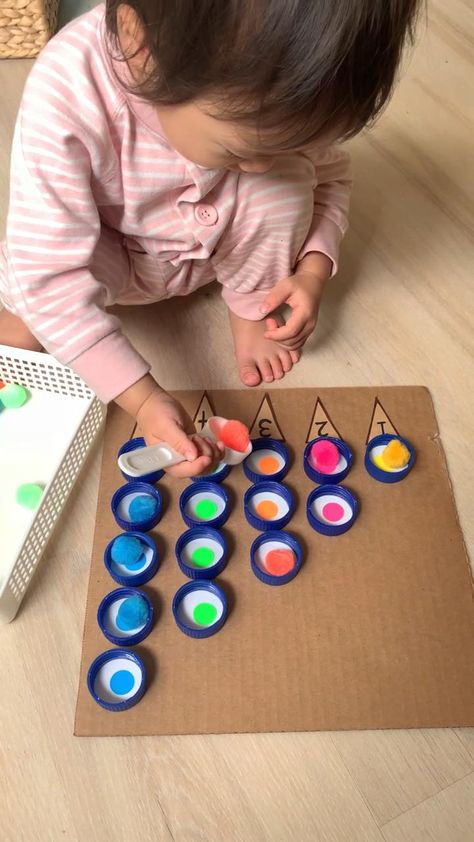 The zeal of the baby, the interest shown and the stamina also deserve praise.
The zeal of the baby, the interest shown and the stamina also deserve praise. - Explain, remind the children that initially they are worthy of respect and love, like all people around.
Social skills will help in many areas of life: in studies, hobbies, friendships, building a reputation in a team. The main thing is to encourage and support children at all stages.
Emotional intelligence for children
We introduce children to the types of emotions, how to manage them and how to express themselves in teamwork, through situational games
learn more
Development of social skills in children
Development of social skills in children prepares them for favorable interaction in all areas of life. Social skills are an essential part of functioning in society. Demonstrating good manners, communicating effectively with others, being sensitive to the feelings of others, and expressing personal needs are very important components of basic social skills.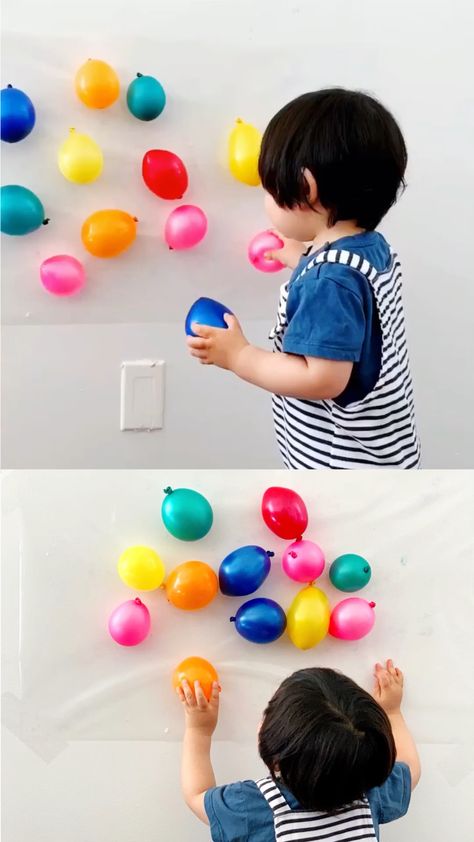 Helping children develop these important skills requires a range of strategies at each stage of development.
Helping children develop these important skills requires a range of strategies at each stage of development.
Steps to develop social skills :
1. Demonstrate social skills to children. Babies enjoy social interaction, which is expressed by their smiles and coos. At this stage, children are aware only of their needs and desires.
Talk to babies . When they cry and make sounds, answer them in your own language. This encourages children to try to talk to you
Encourage them to be considerate of others. By responding to their cries and needs, you teach children to be considerate of the needs of others. Show attention and love. Kissing and hugging are essential for the social development of children. These are the basic needs at this stage of development and one should not think that excessive attention will only spoil the baby. Be calm with children. A crying baby who has kept you up all night may disappoint you. However, exhaling and calming down before taking the child in your arms, you thereby simulate the harmony of the social environment.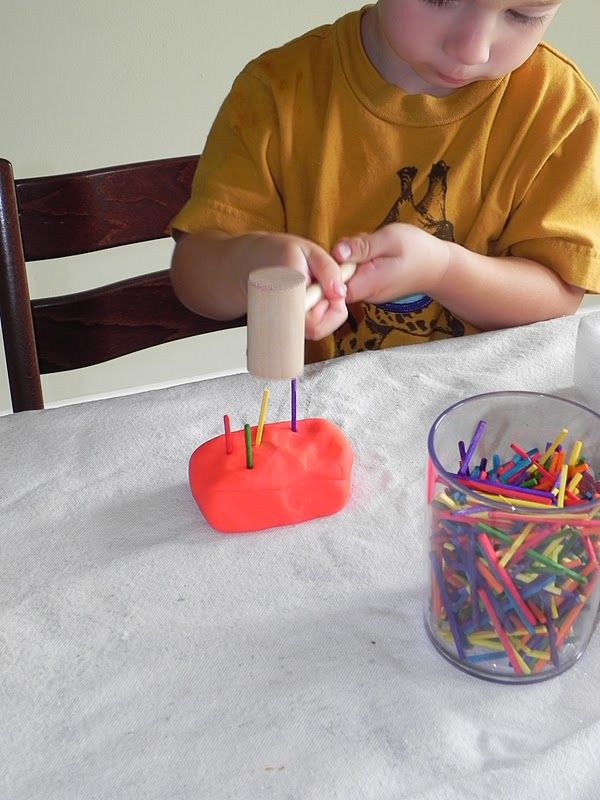
2. Help little ones to respect people and their things. In the infancy stage, babies can say some words and sentences. They tend to play alone and dislike sharing their toys with others. Create a social environment at home. Invite your friends who have children so that the baby gets used to the company of adults and children. Teach toddlers the basics: share toys, gently touch people and pets. Reward good behavior. When toddlers show gentleness and share their toys, praise them.
3. Help preschoolers to expand their circle of friends. Preschoolers can already verbalize their feelings and should be encouraged to make friends with other children. Organize social activities for preschoolers. To enhance your preschooler's social interaction, host parties at home. Visit and invite your neighbors who have children. Teach preschoolers to use their words, not fists. Explain why this is important. Pay attention to how the offended person feels in a fight is child , and teach preschoolers to apologize if they hurt another child.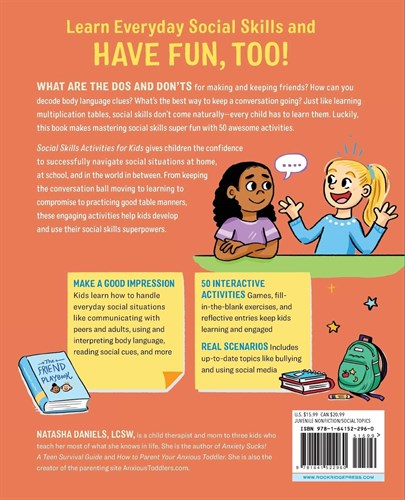
Learn more


